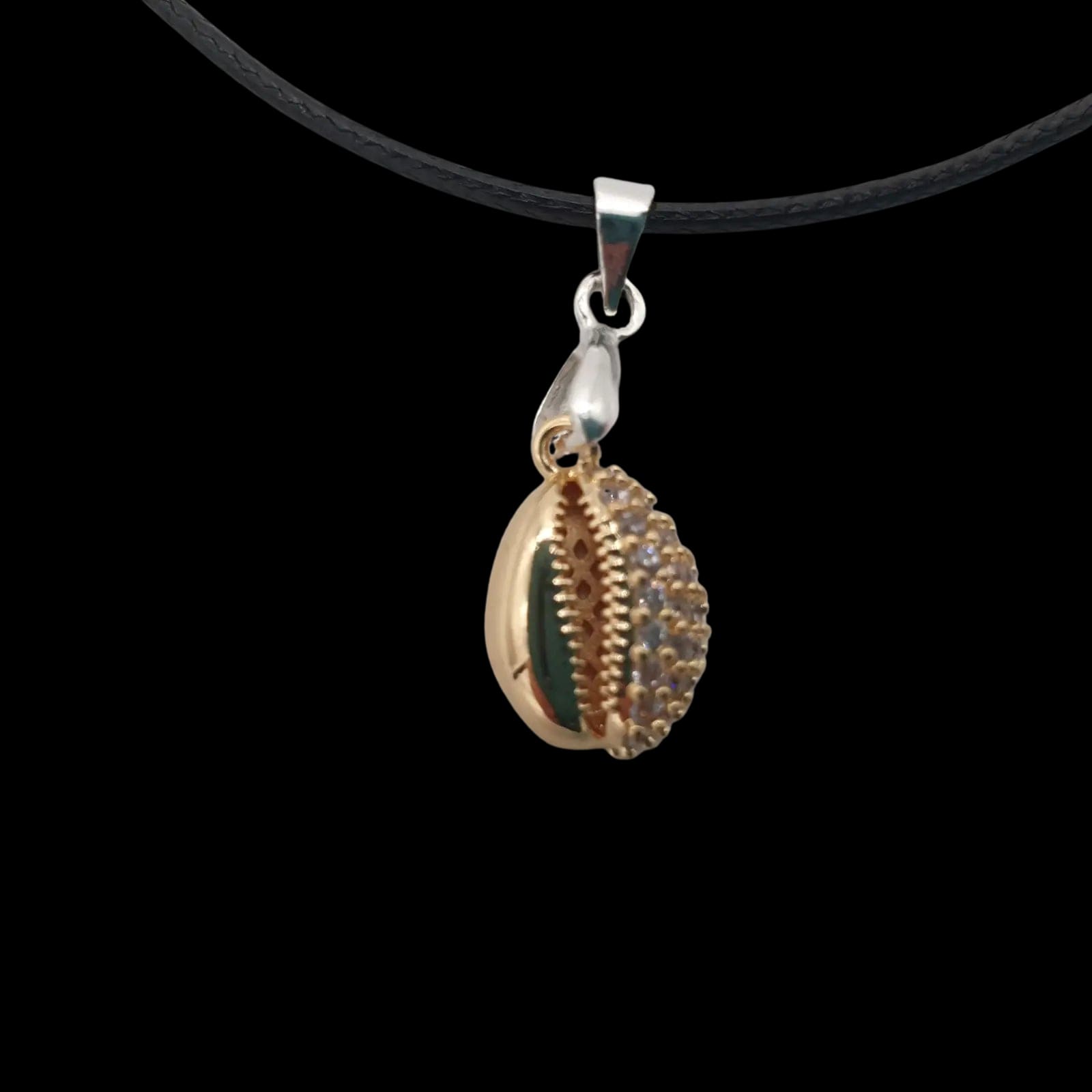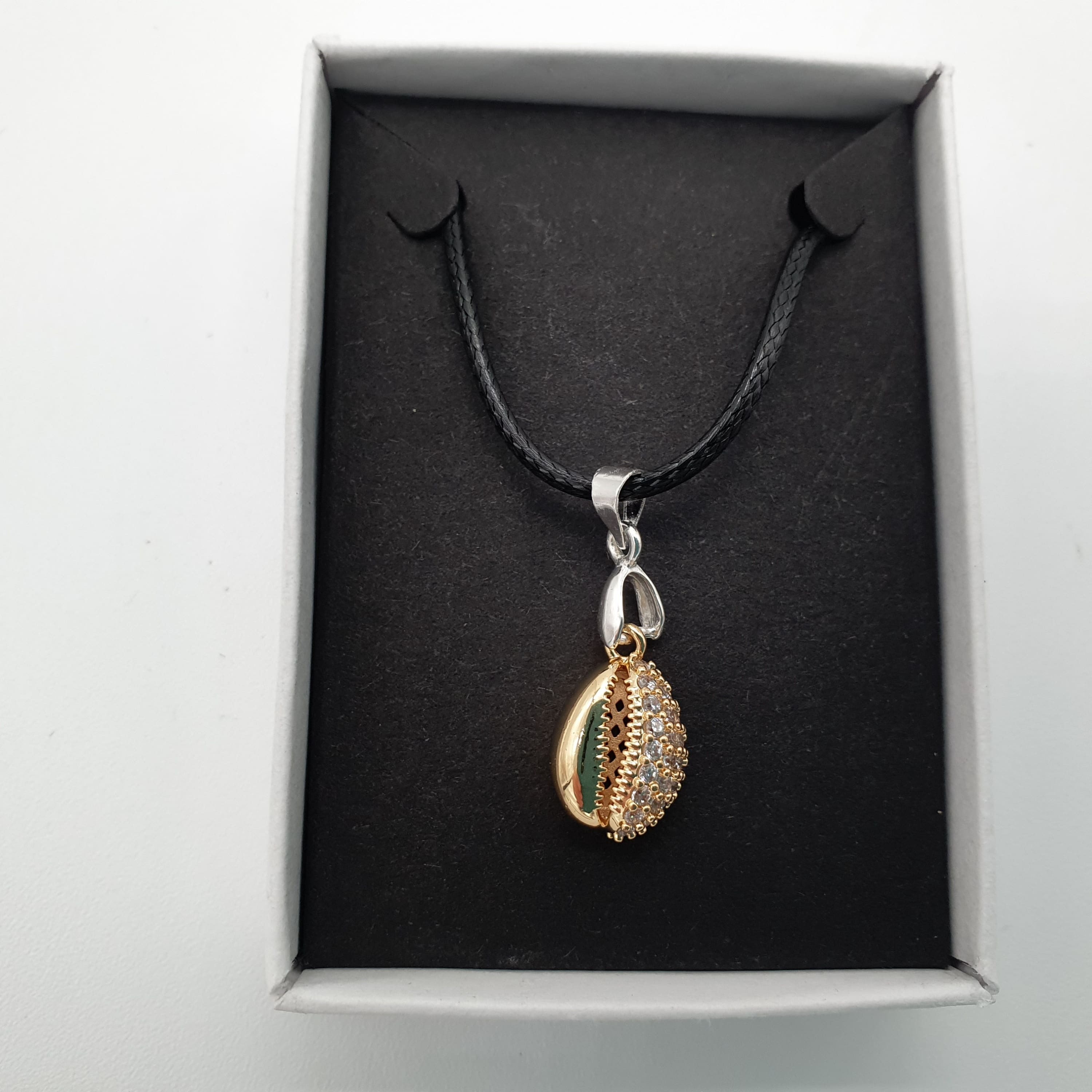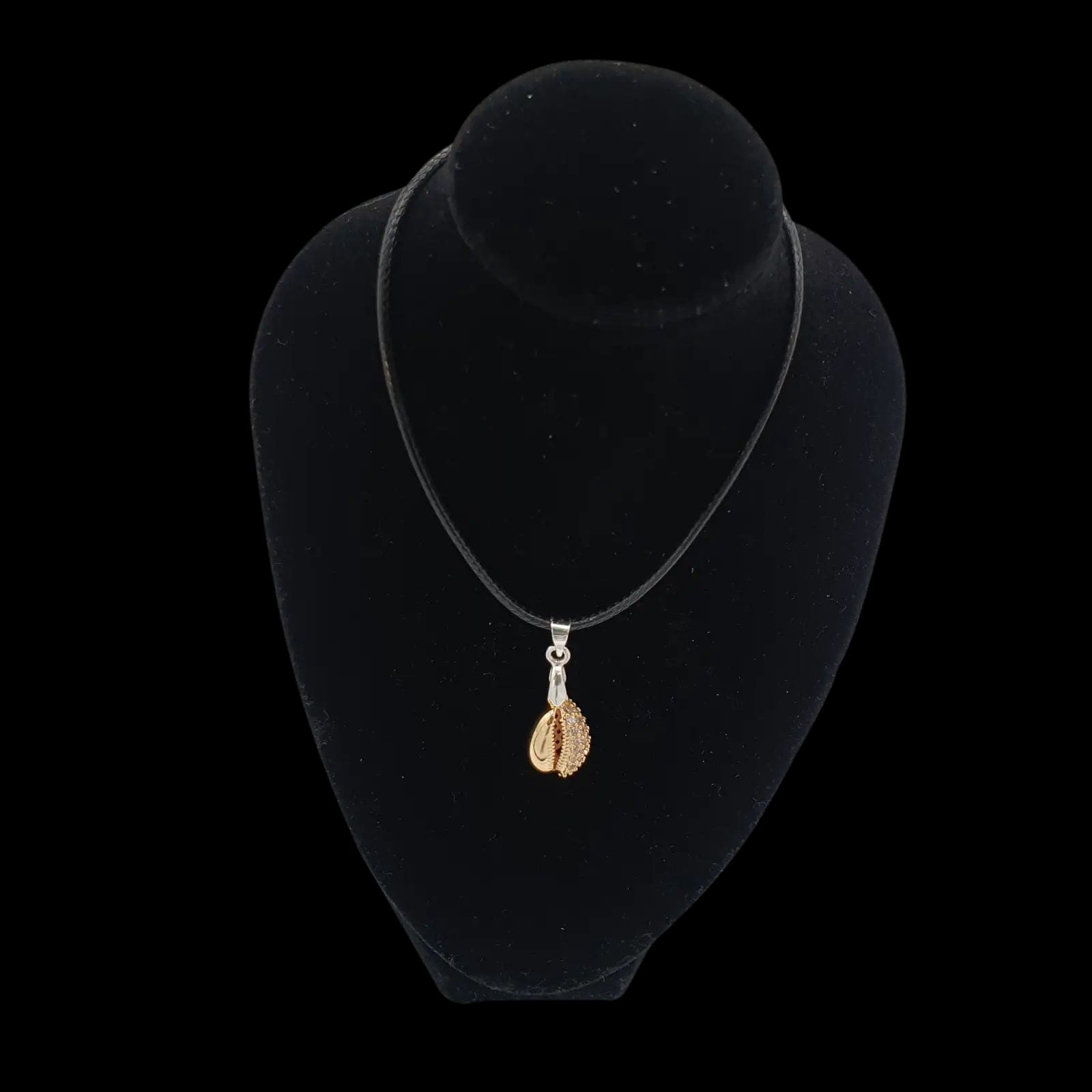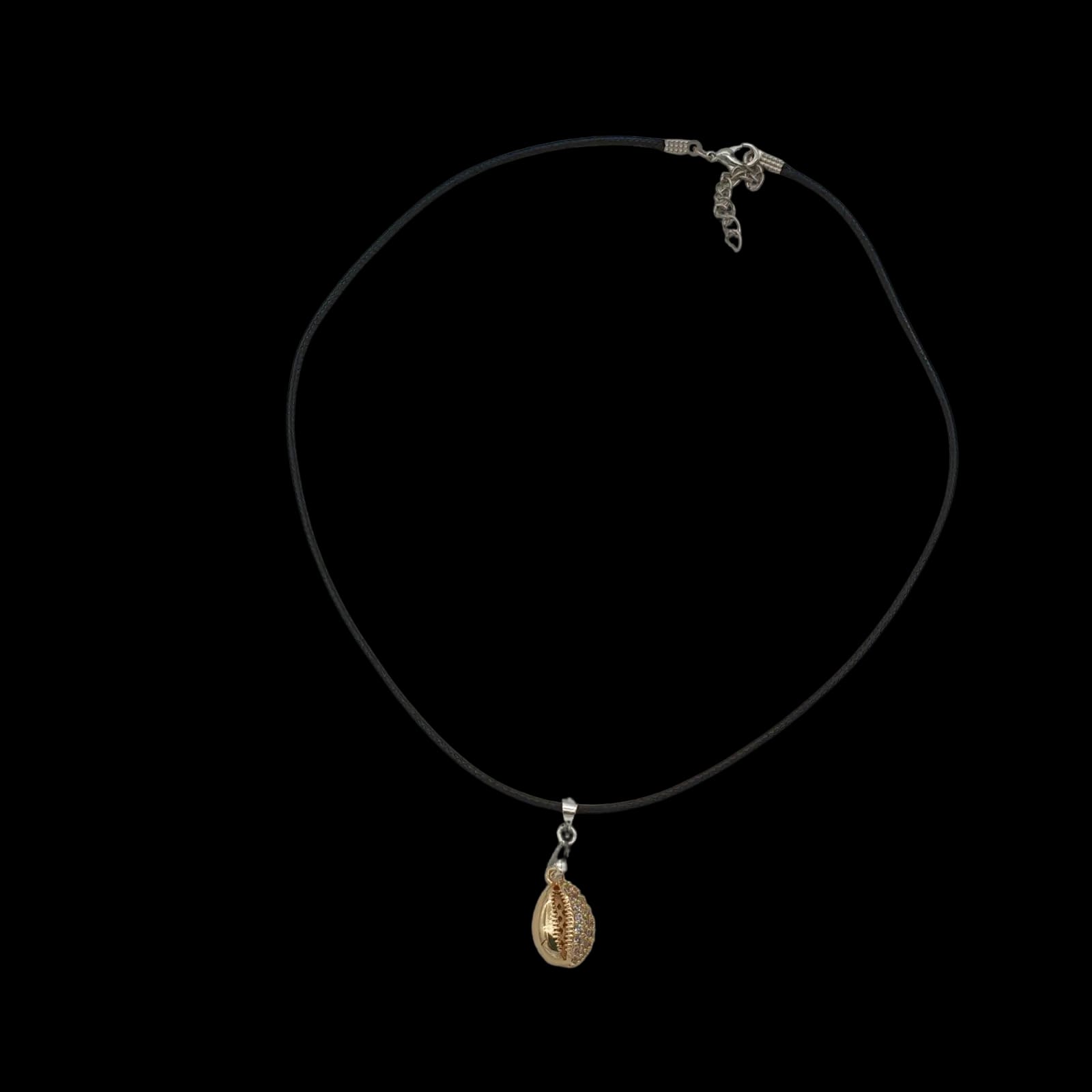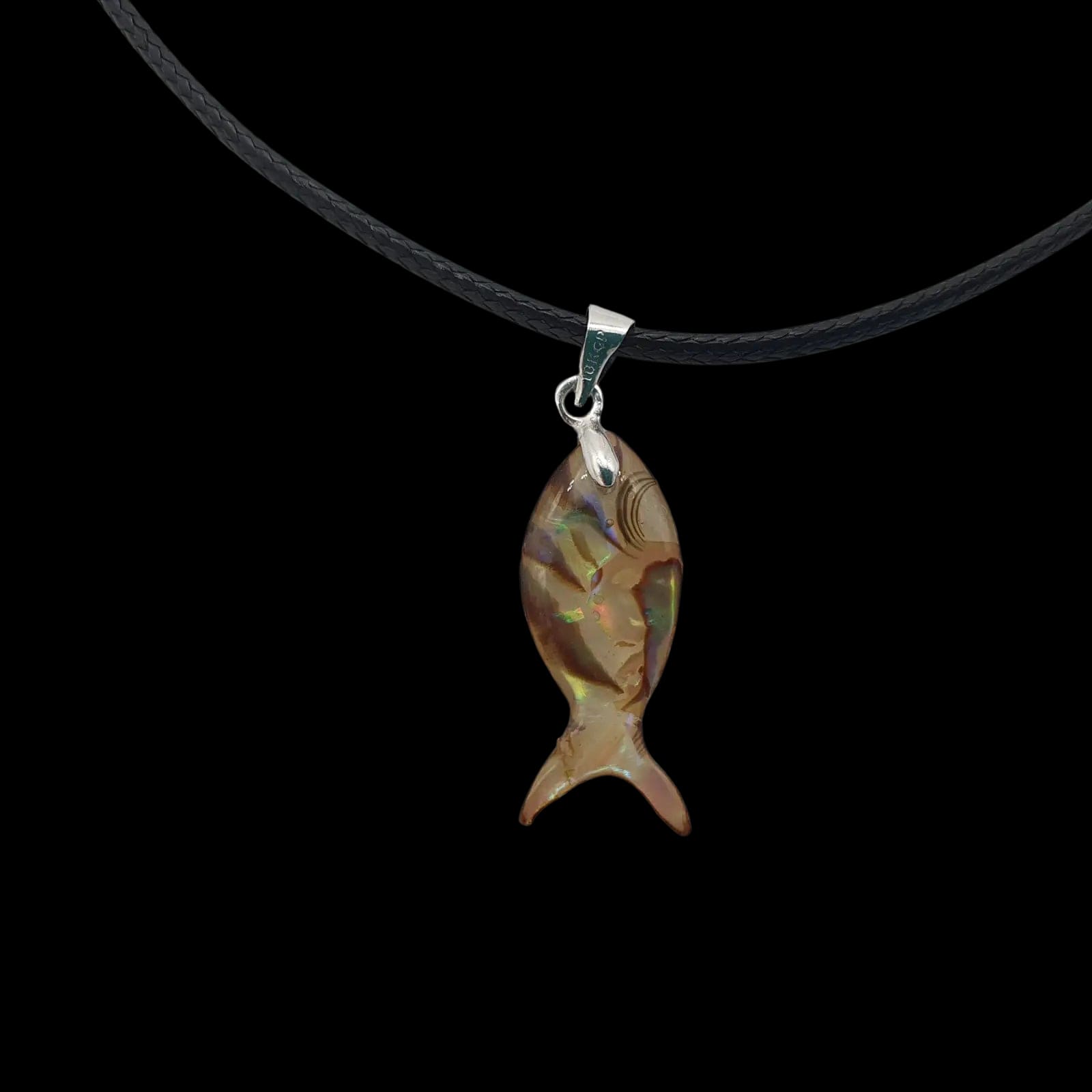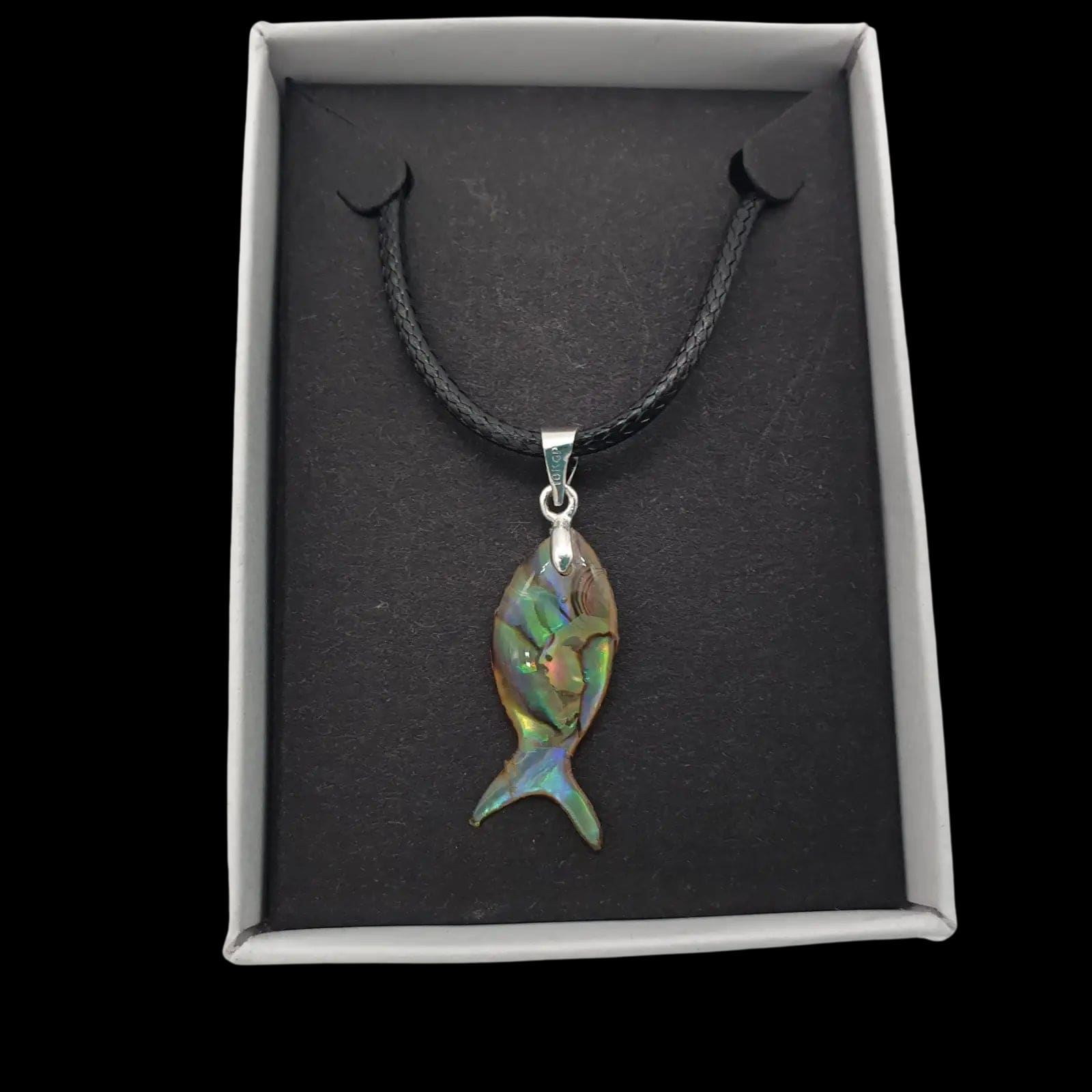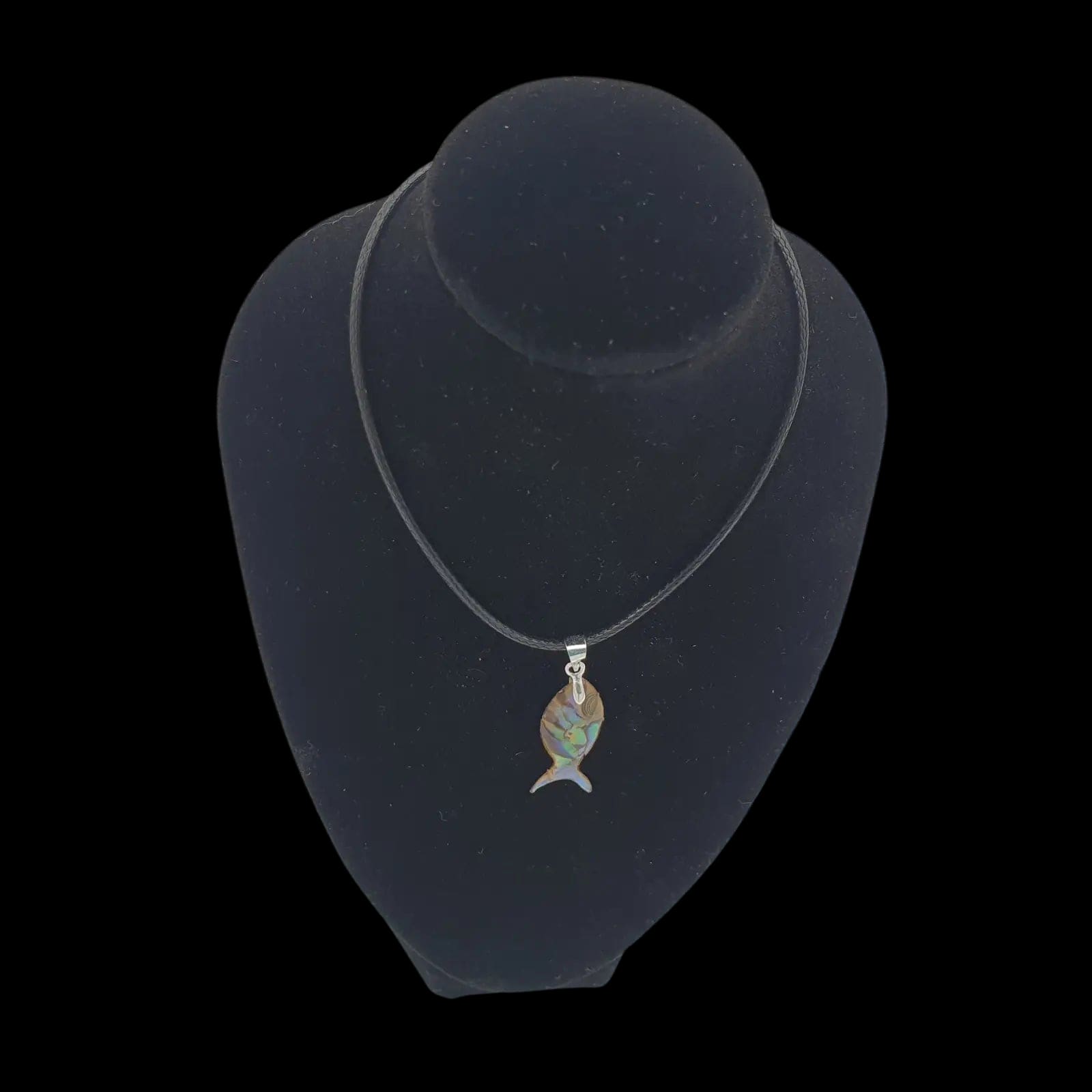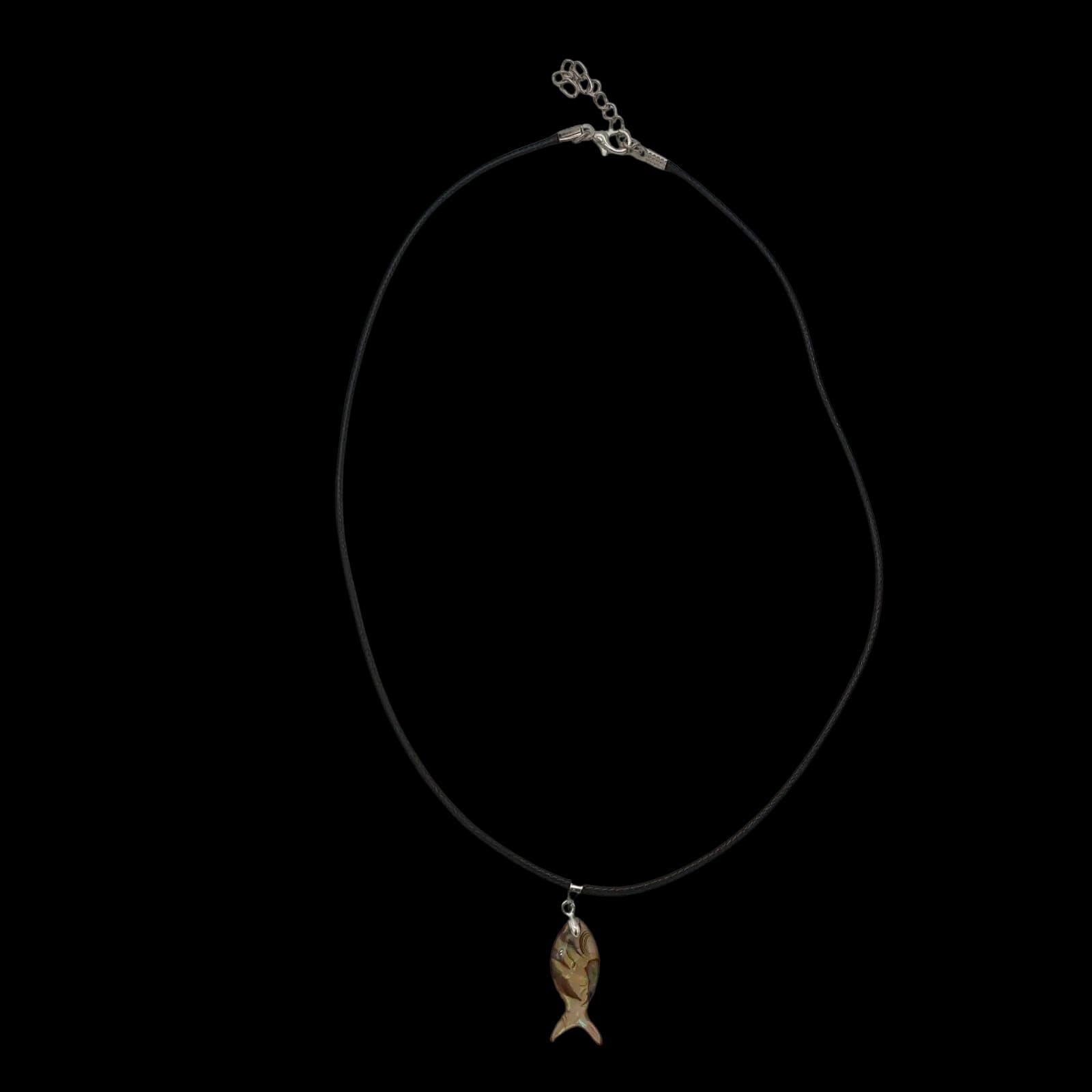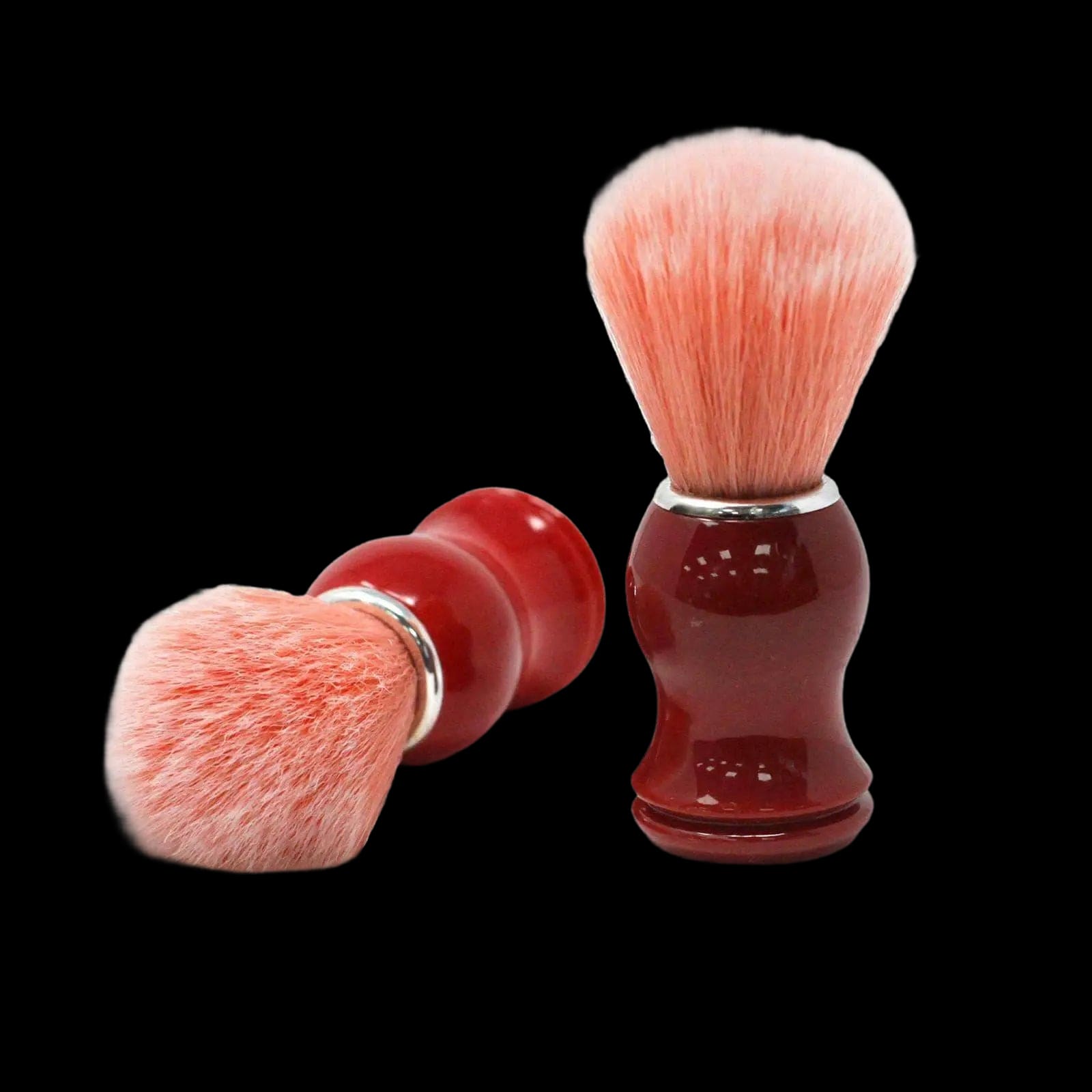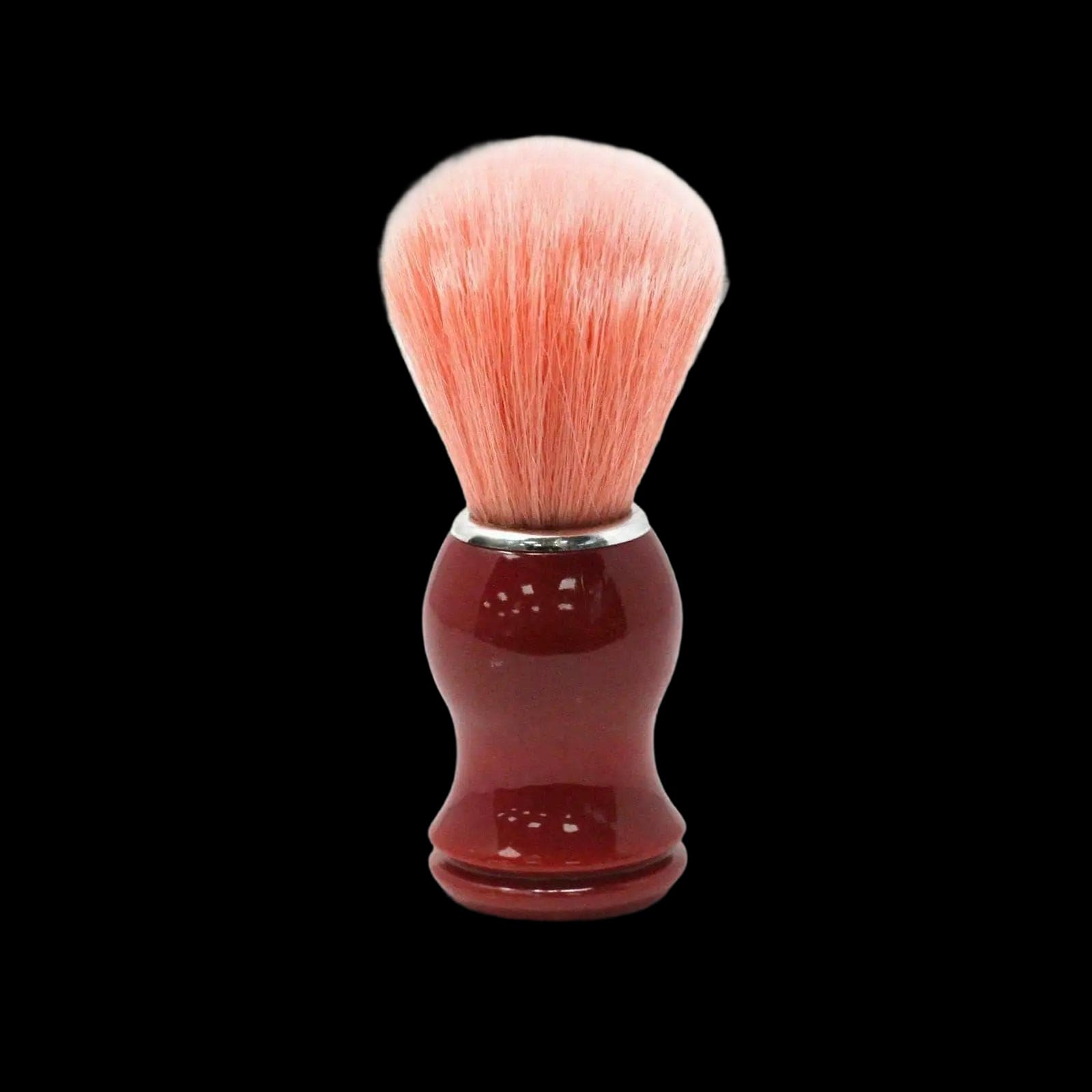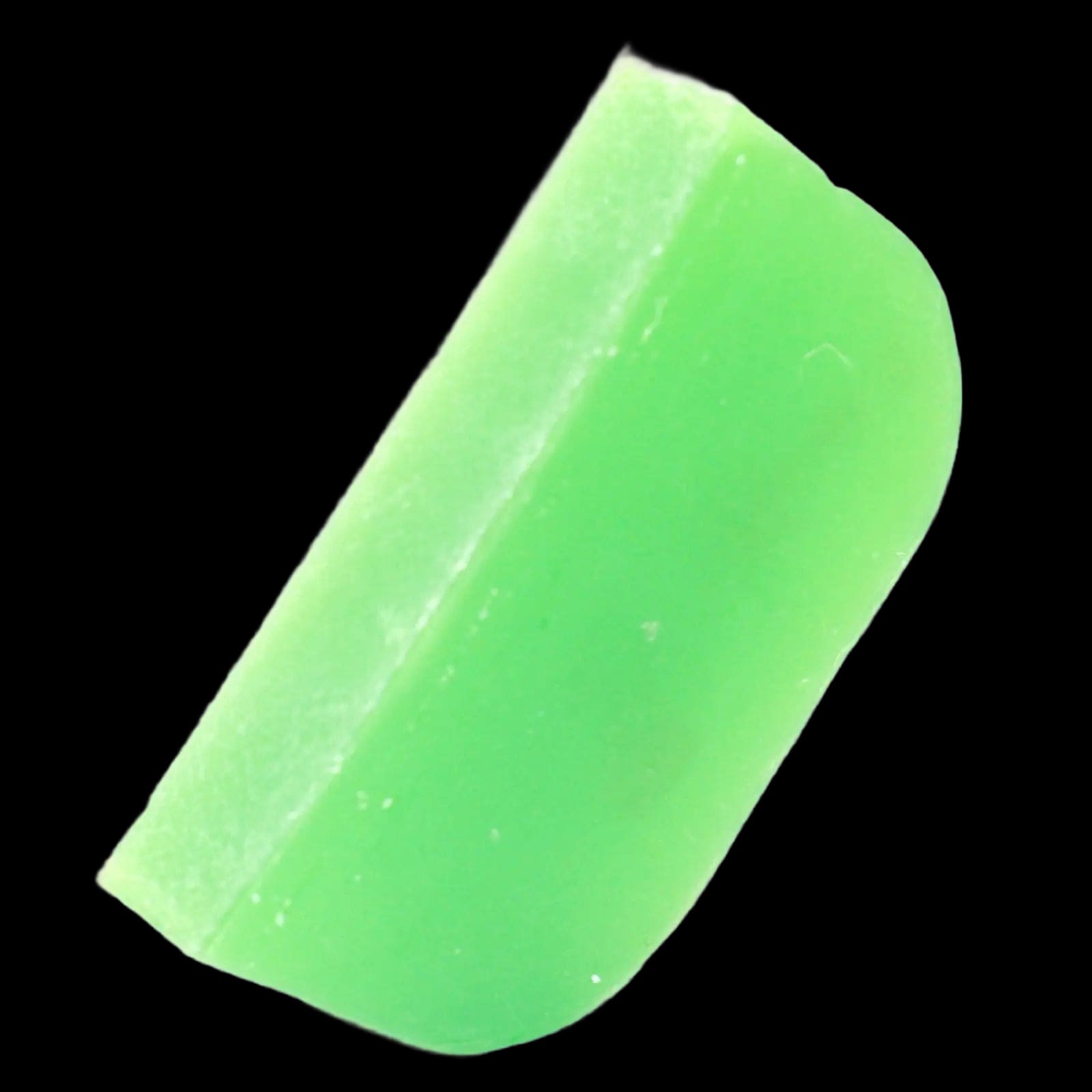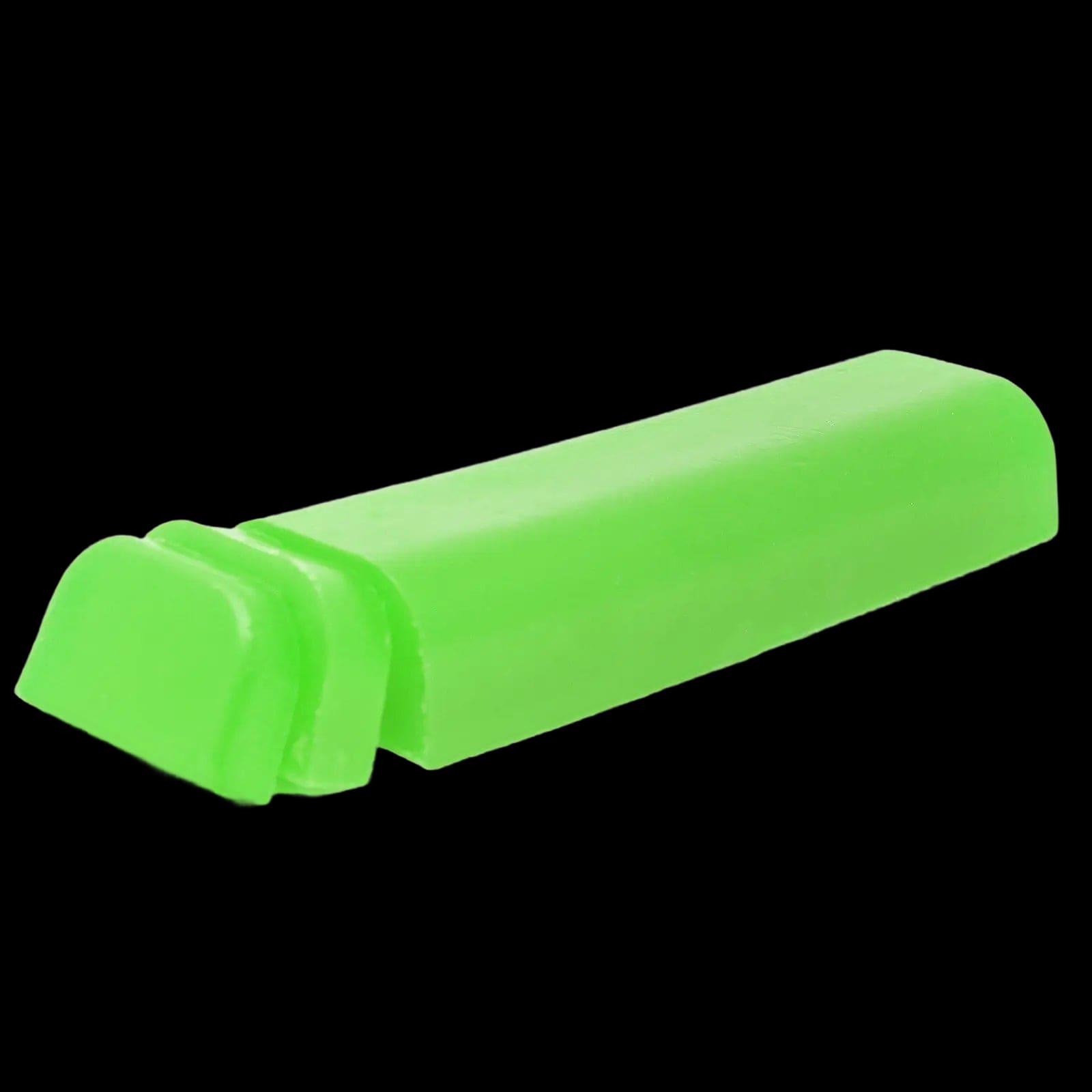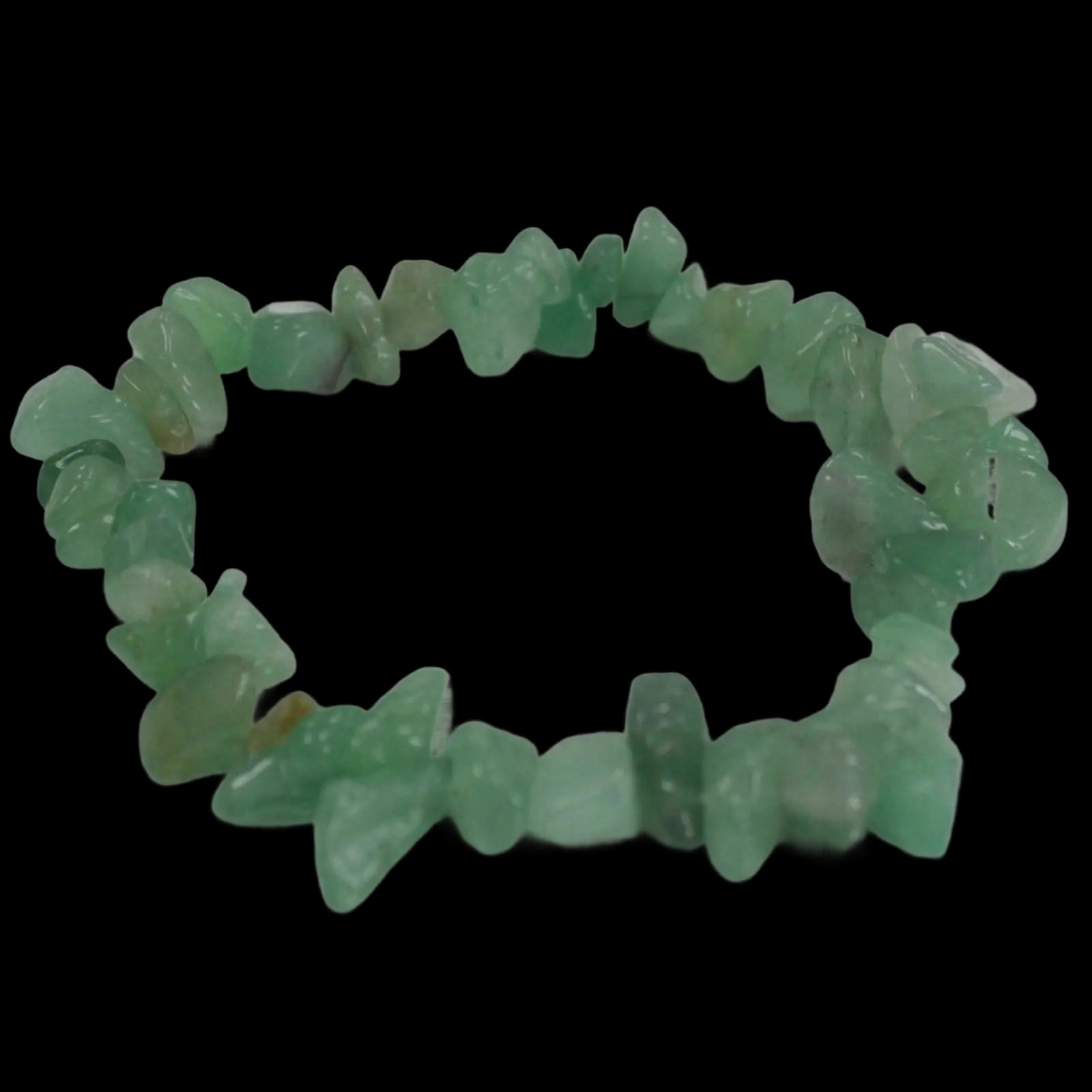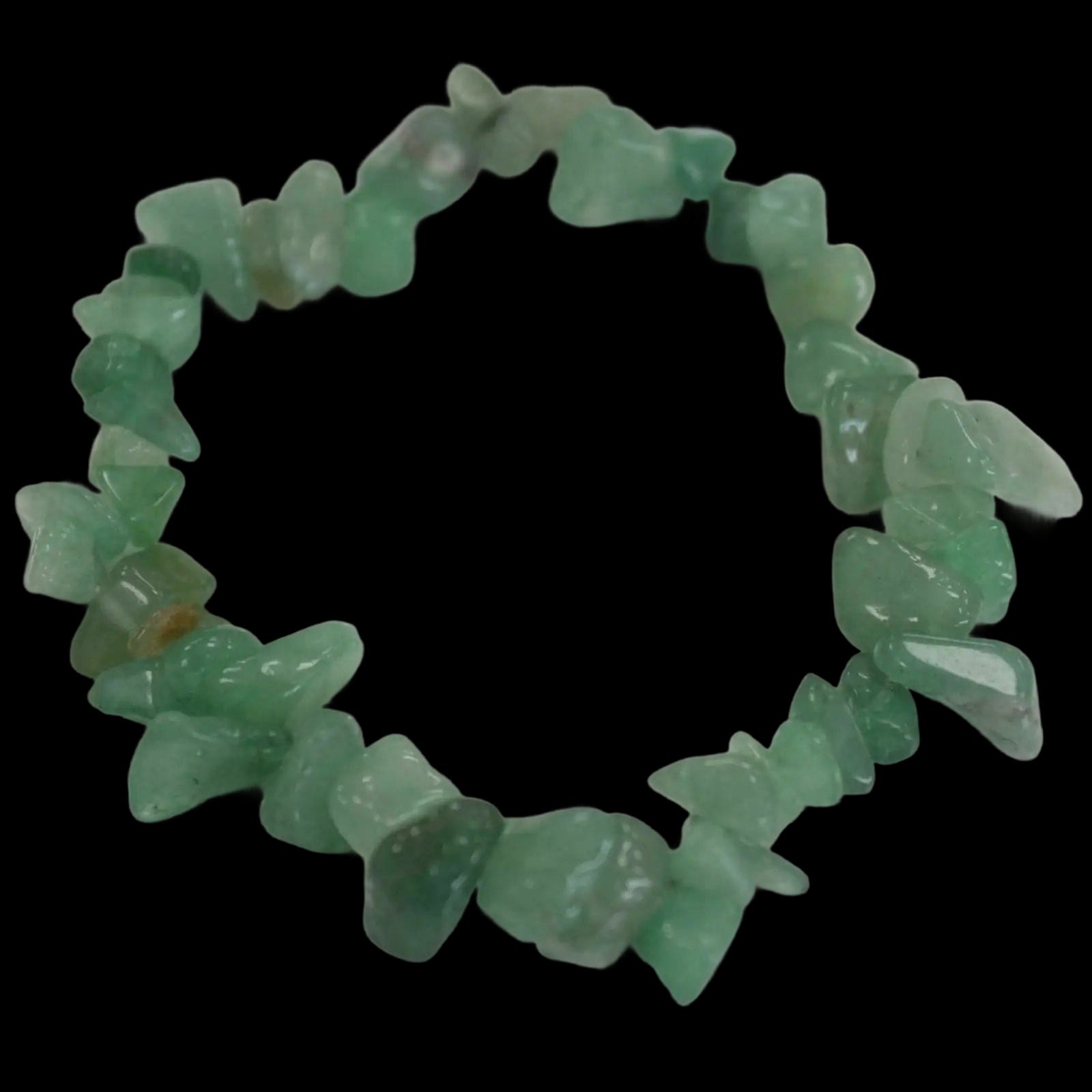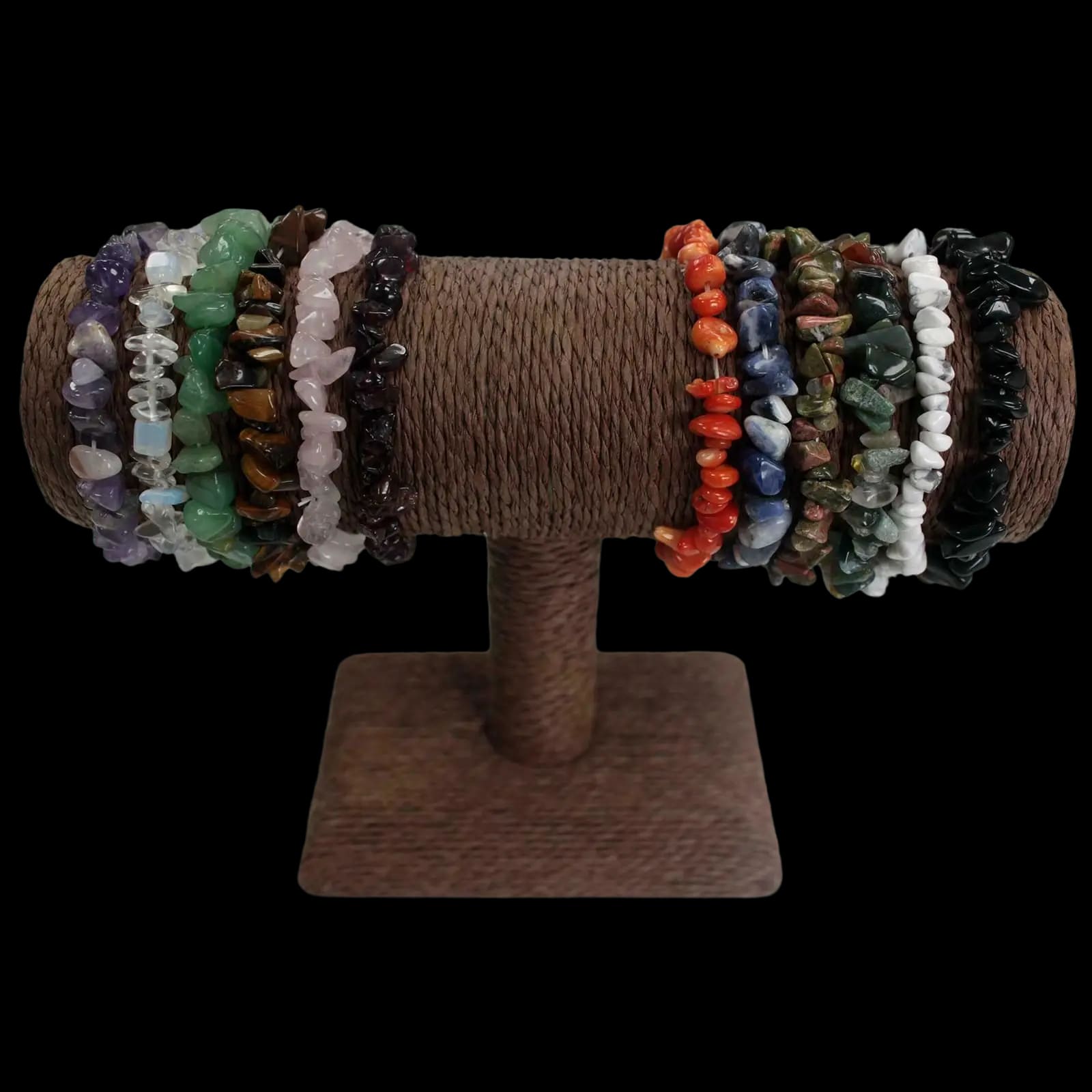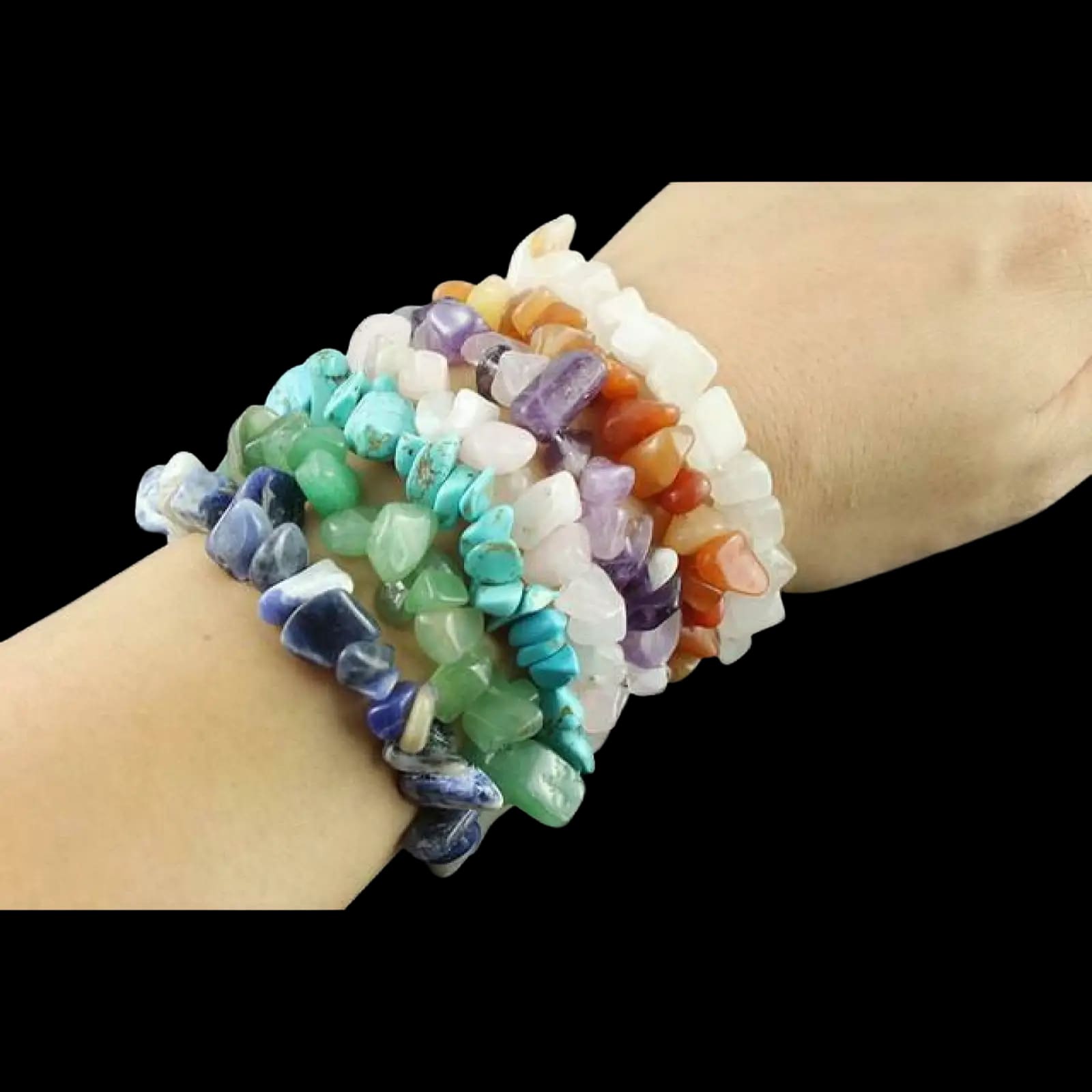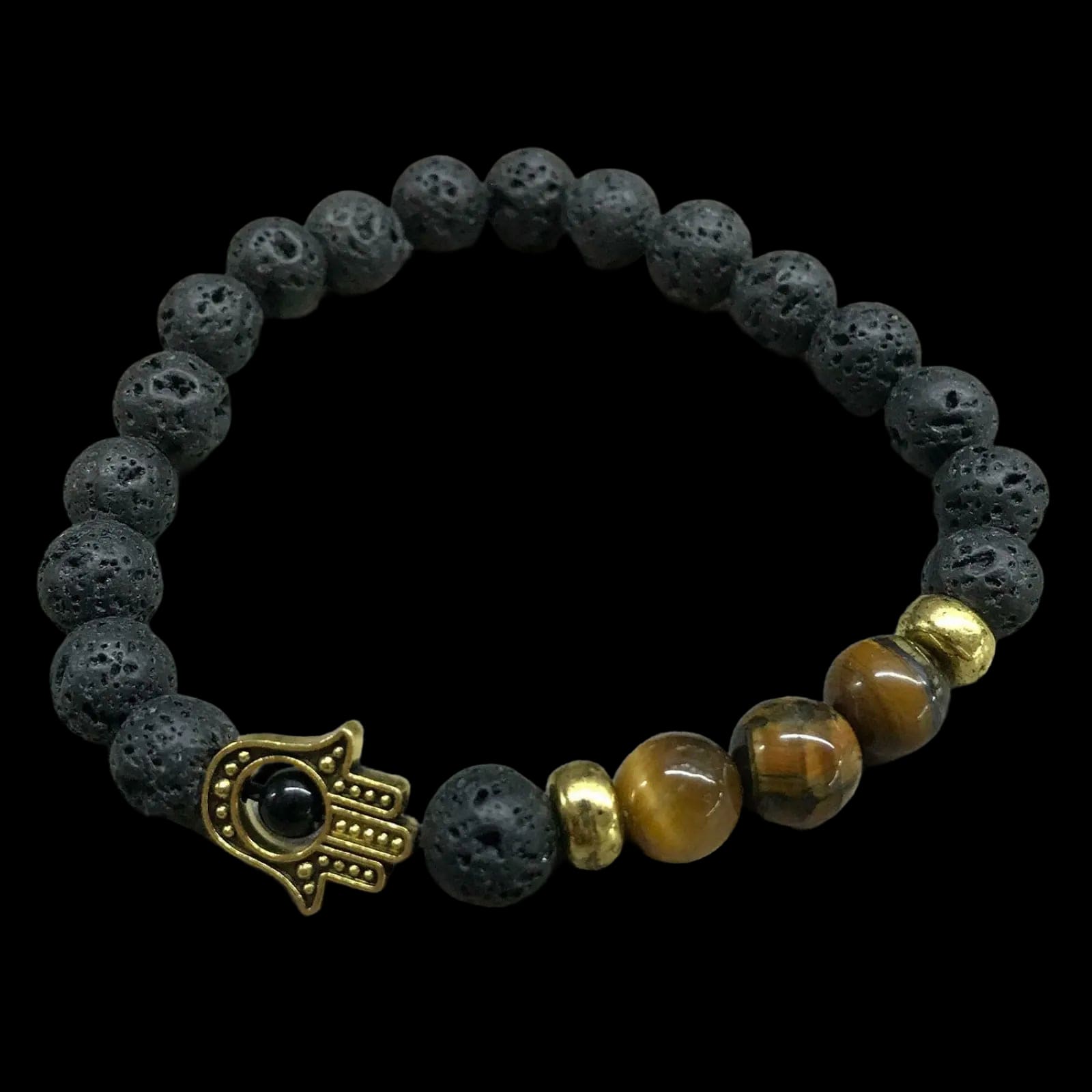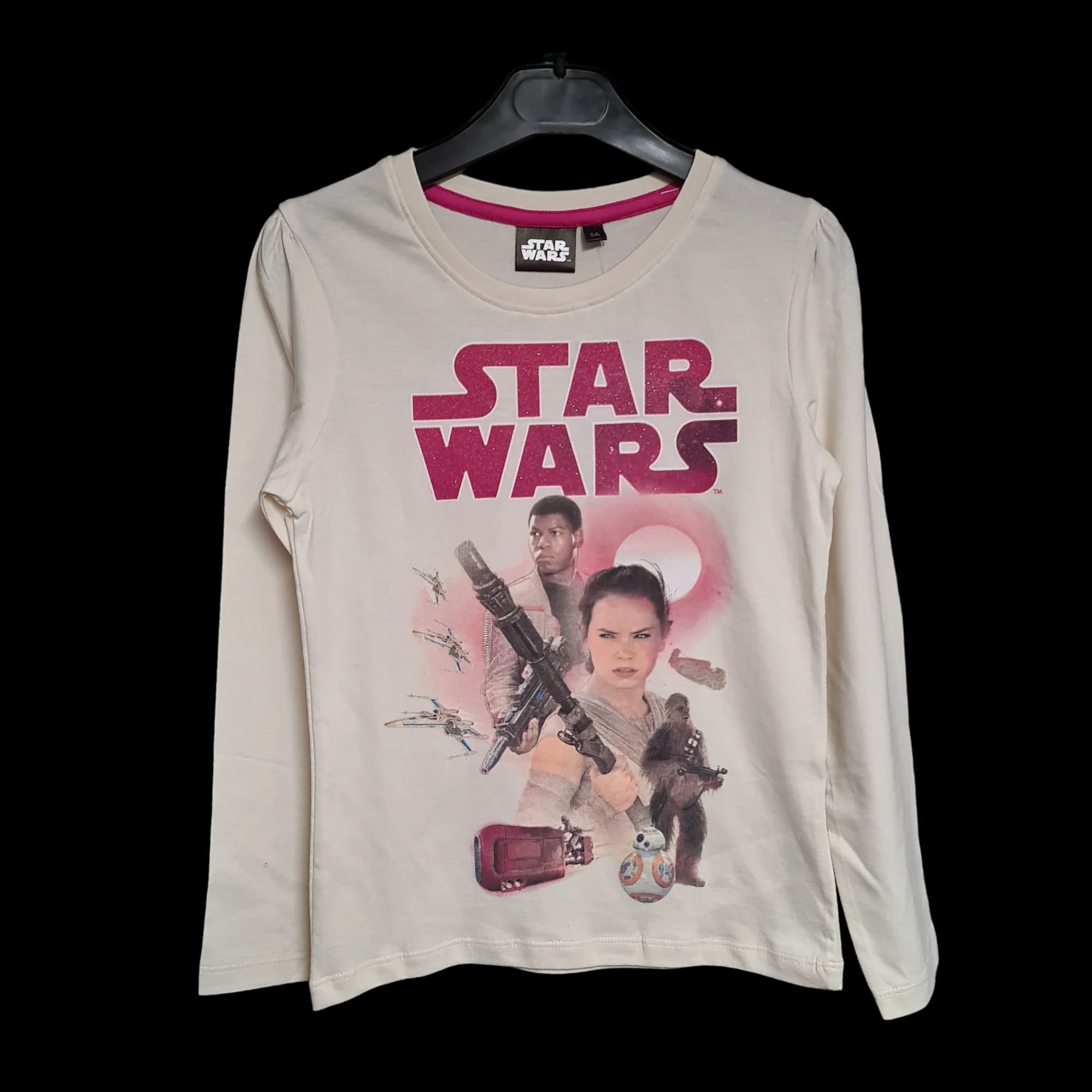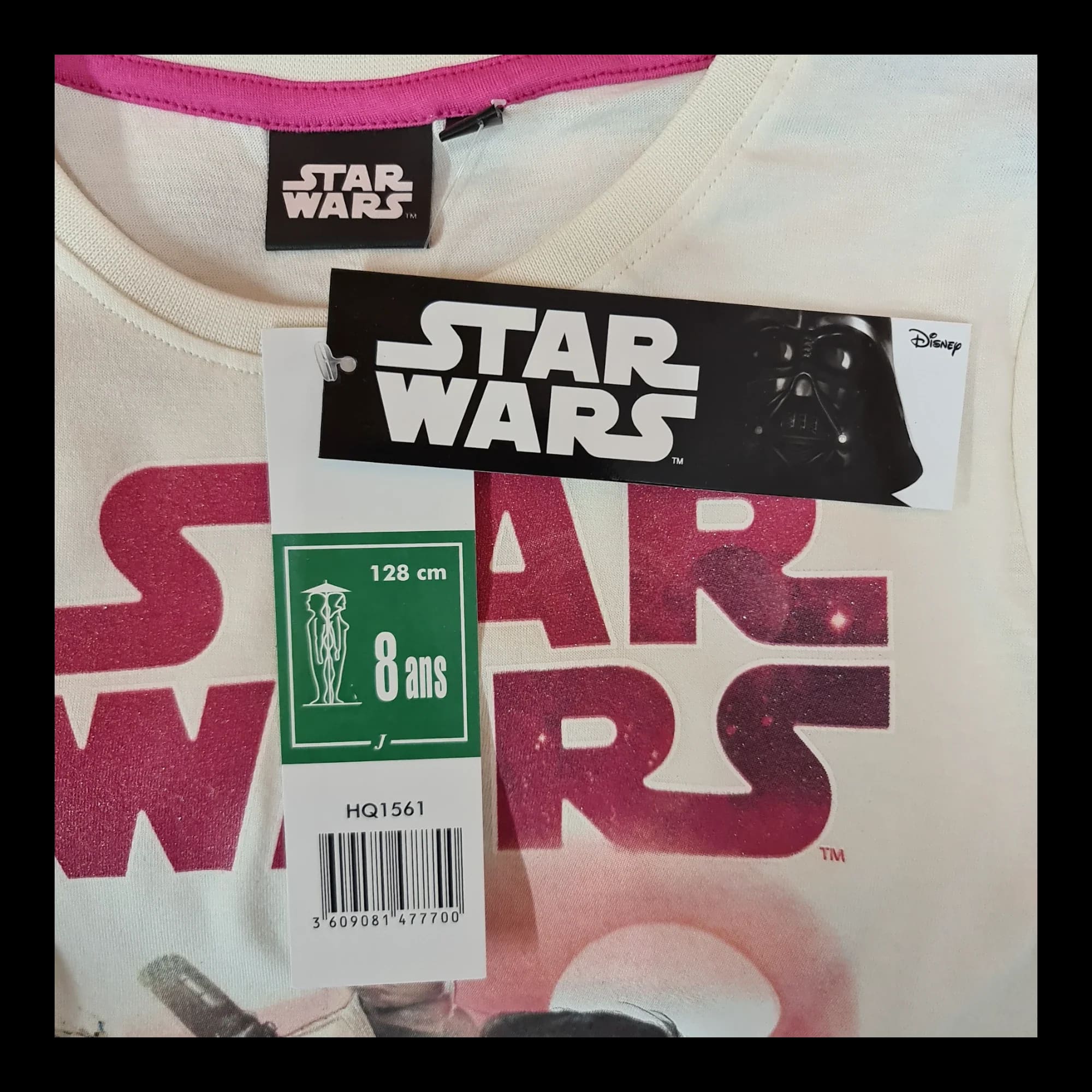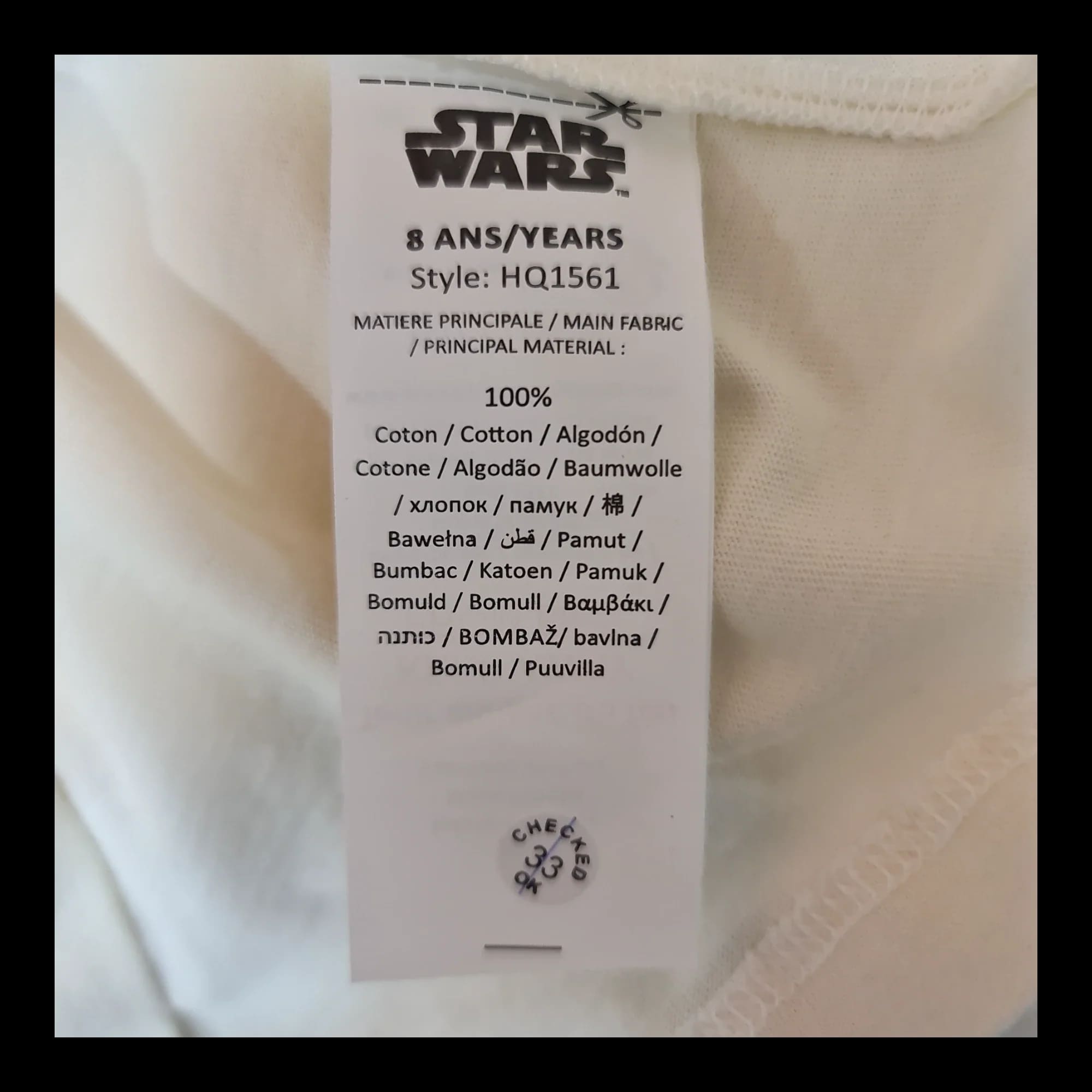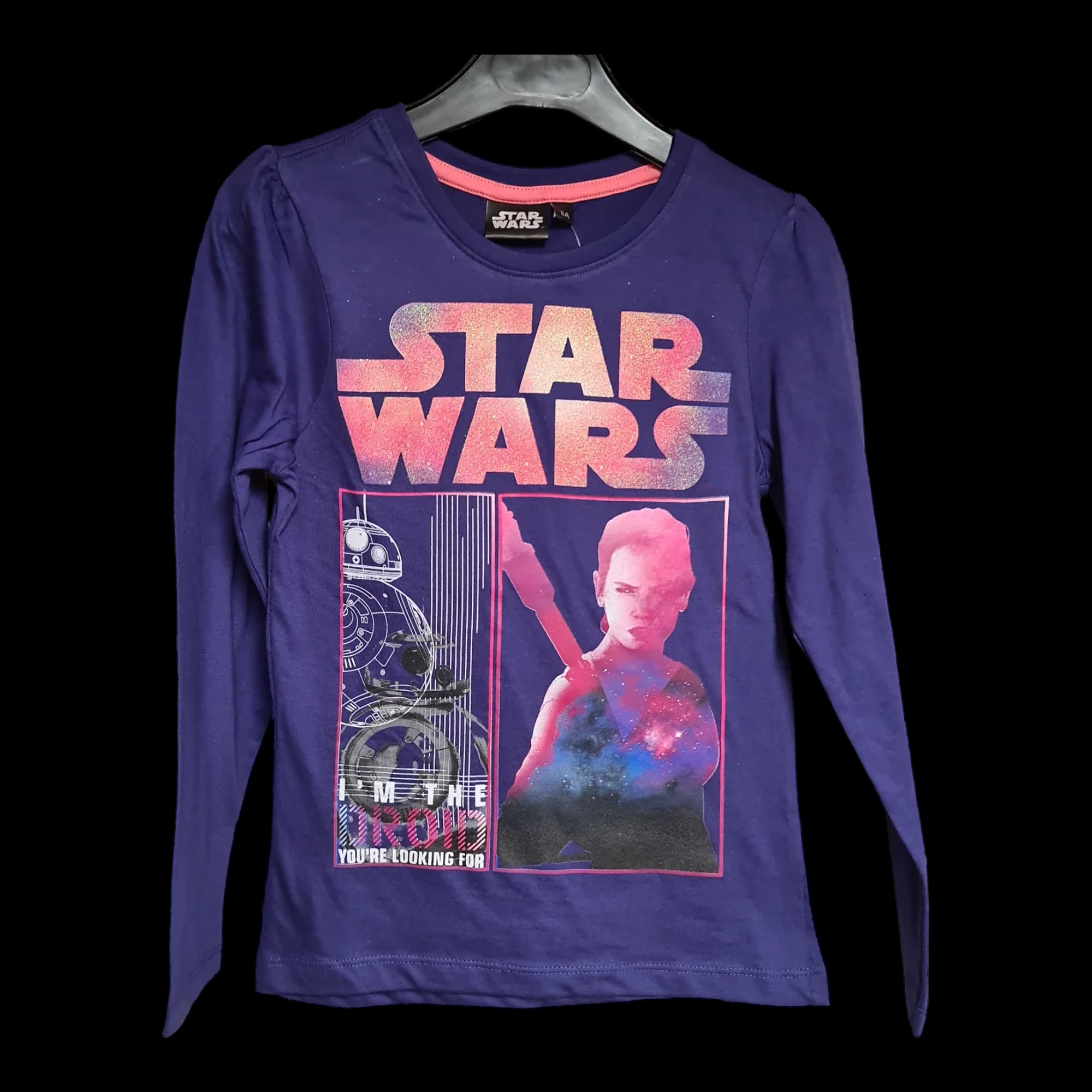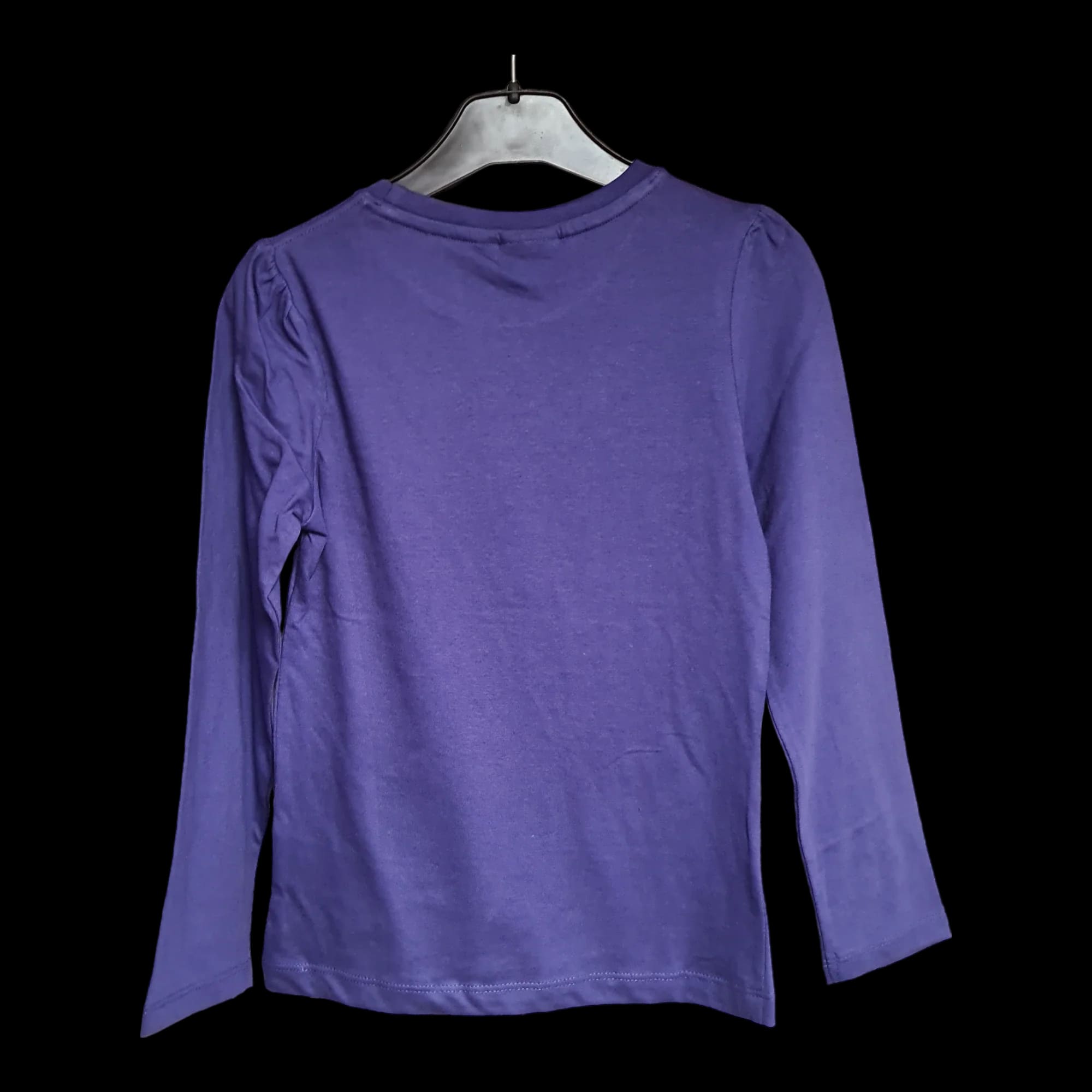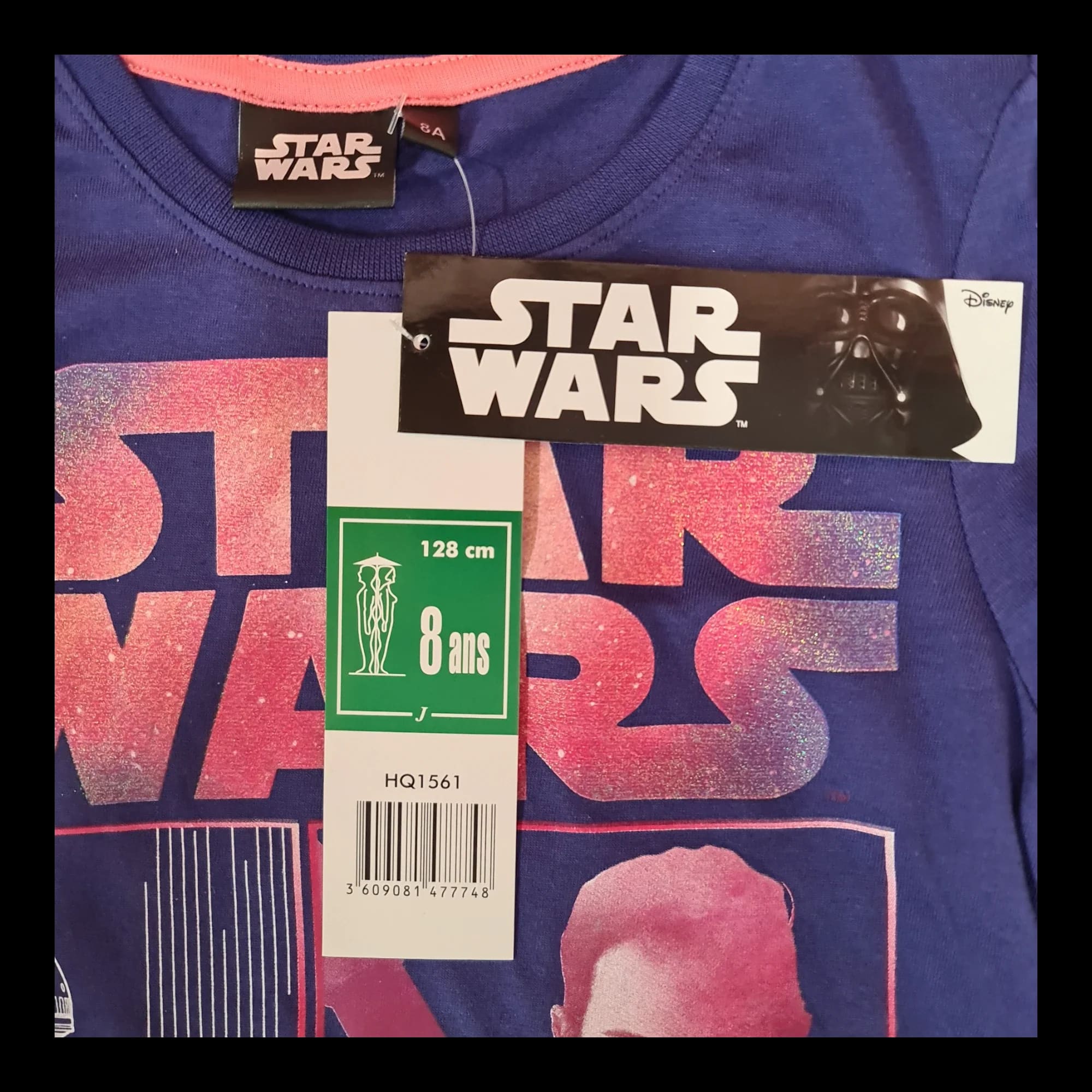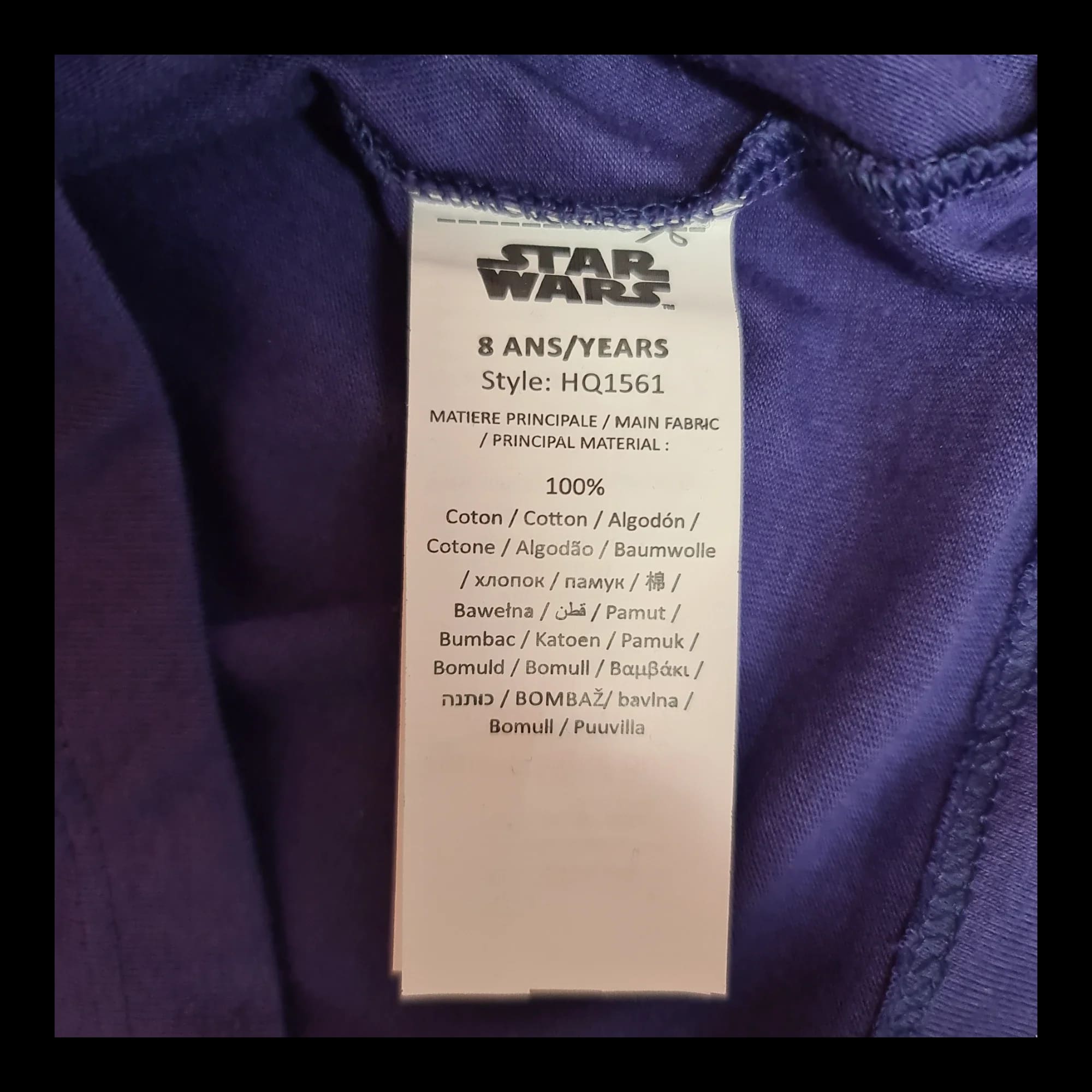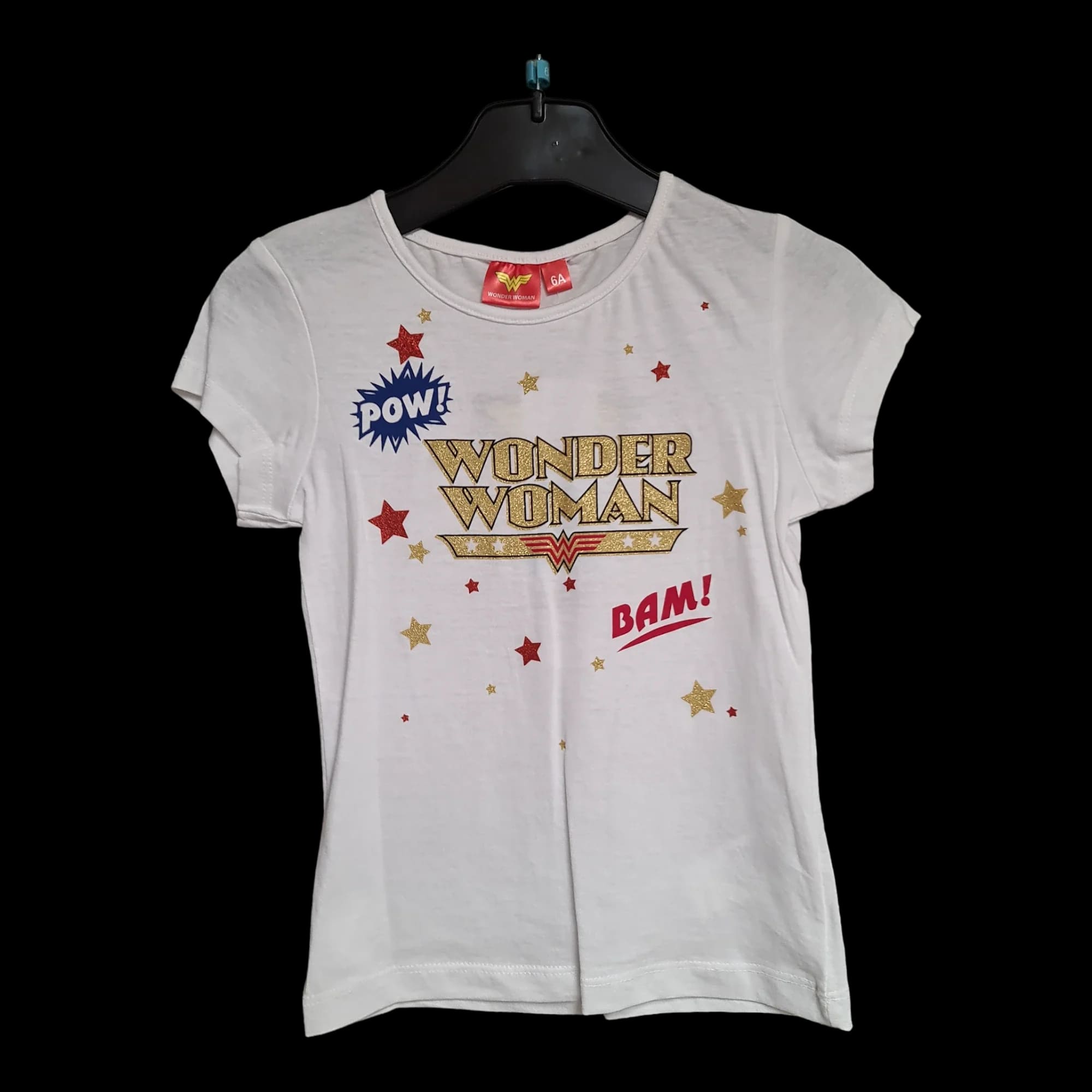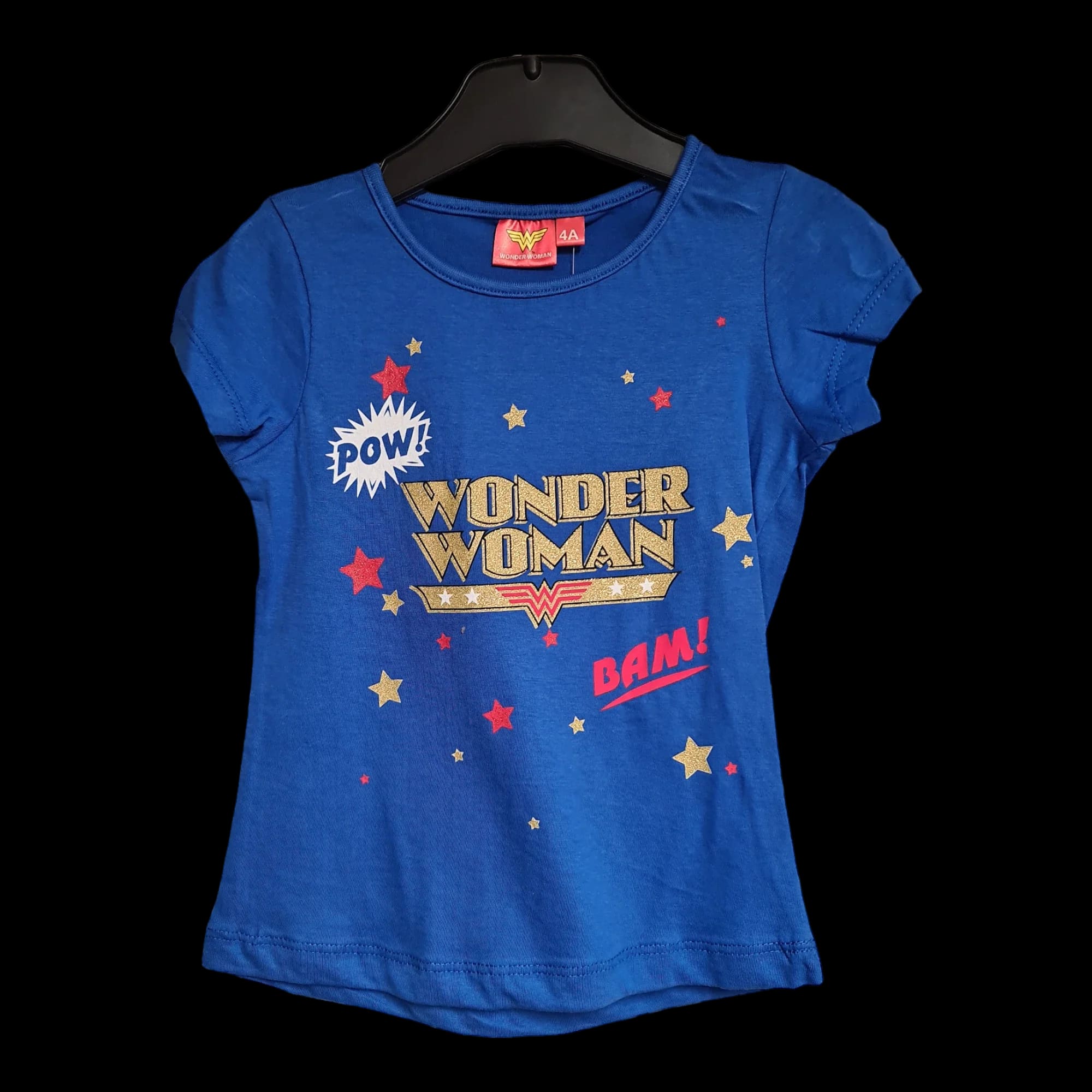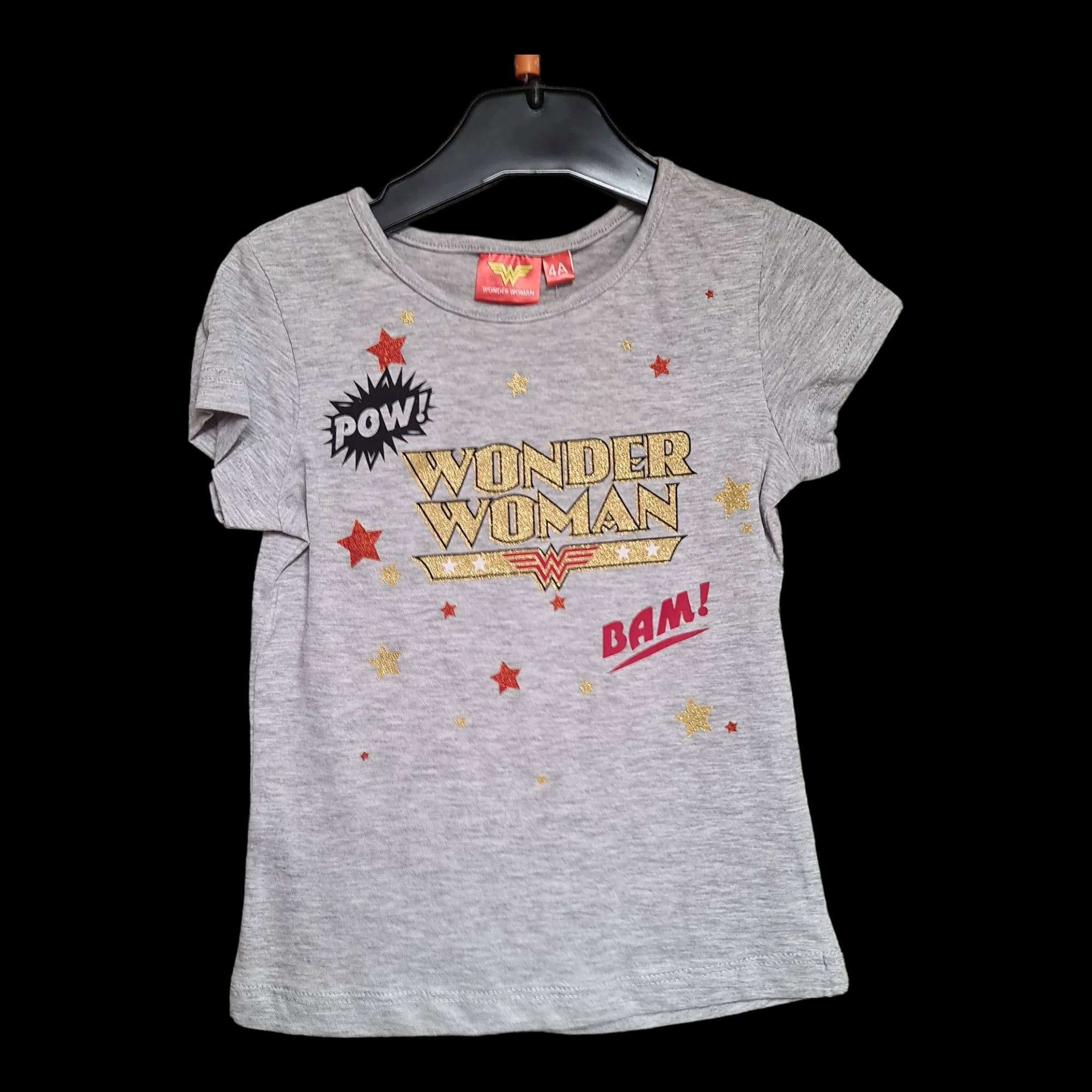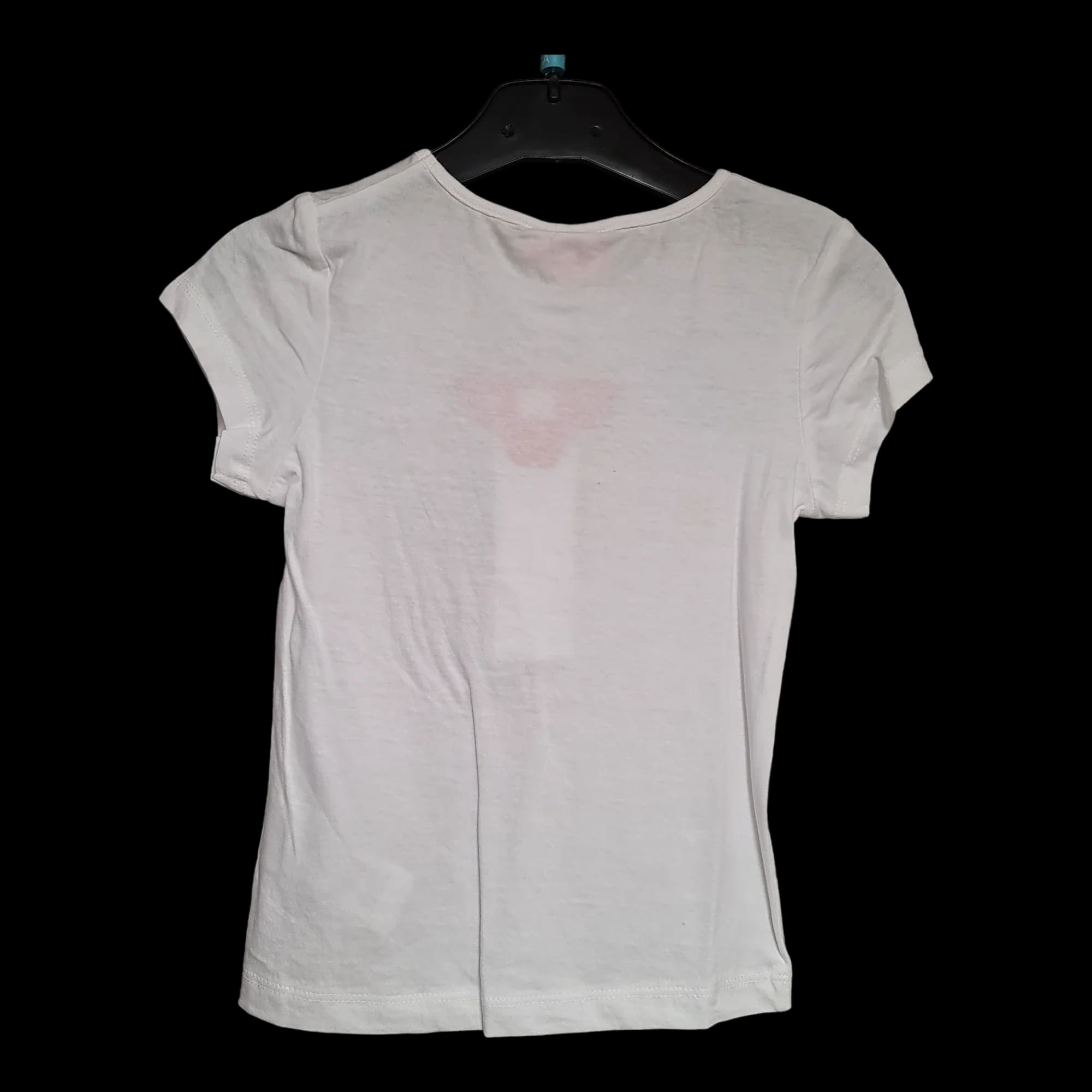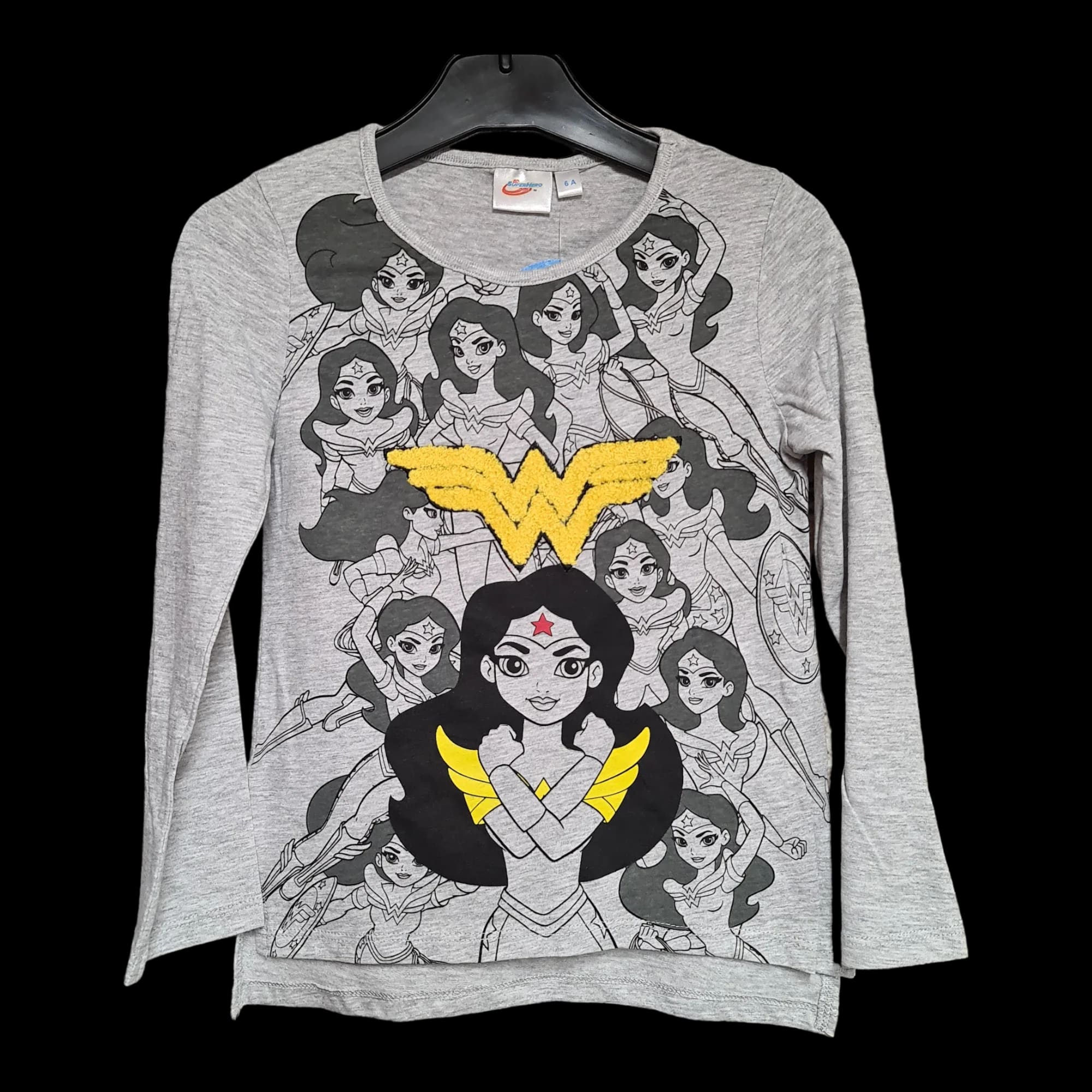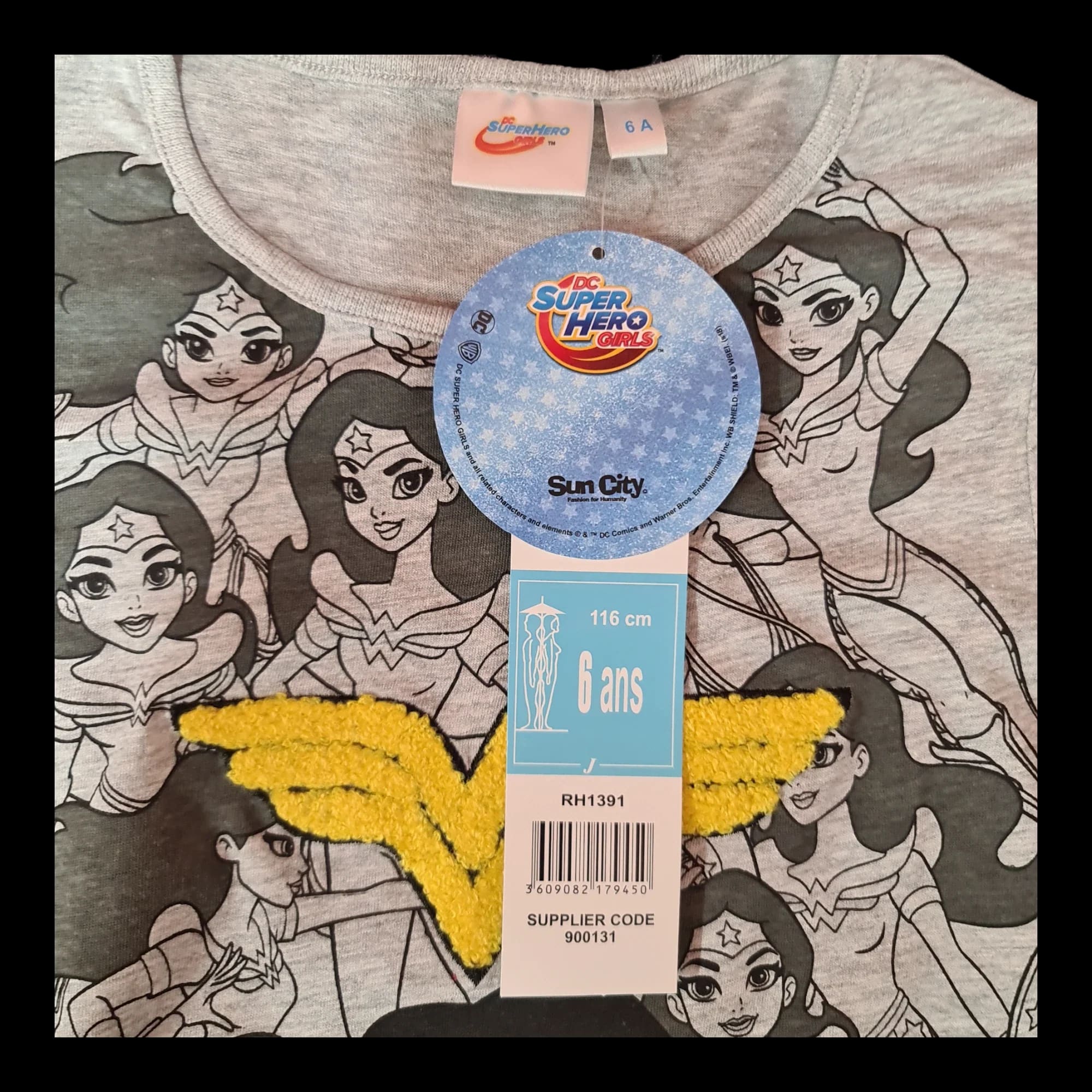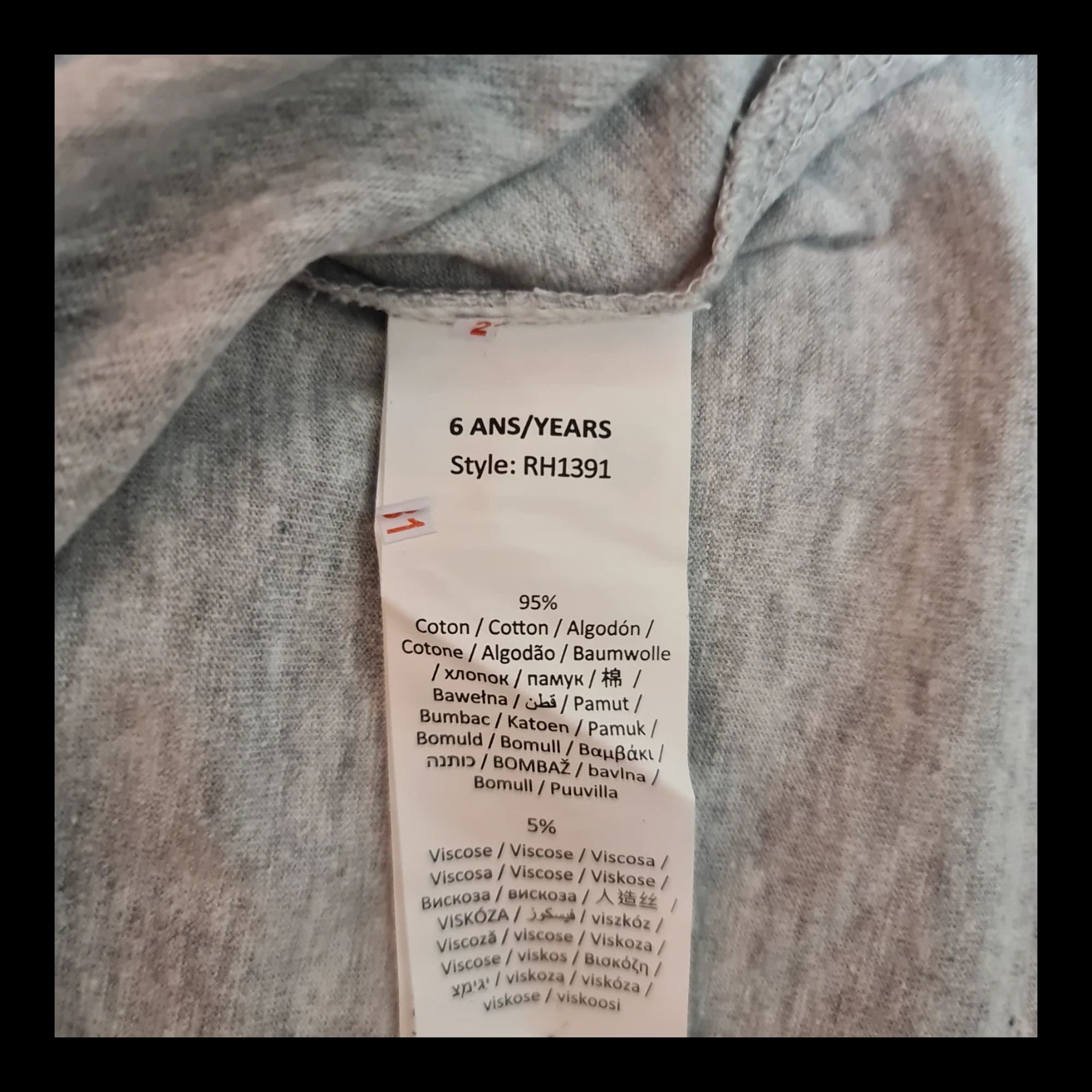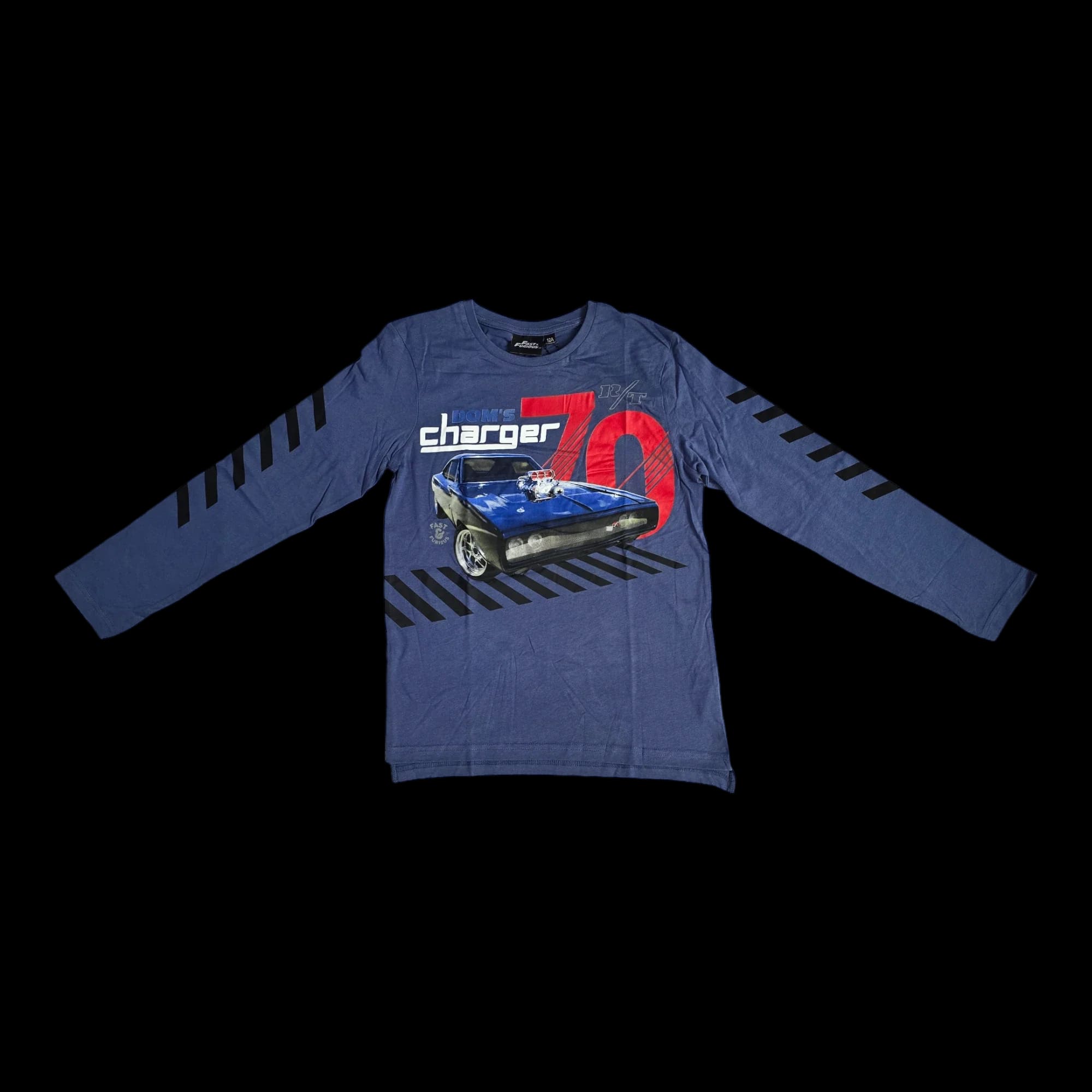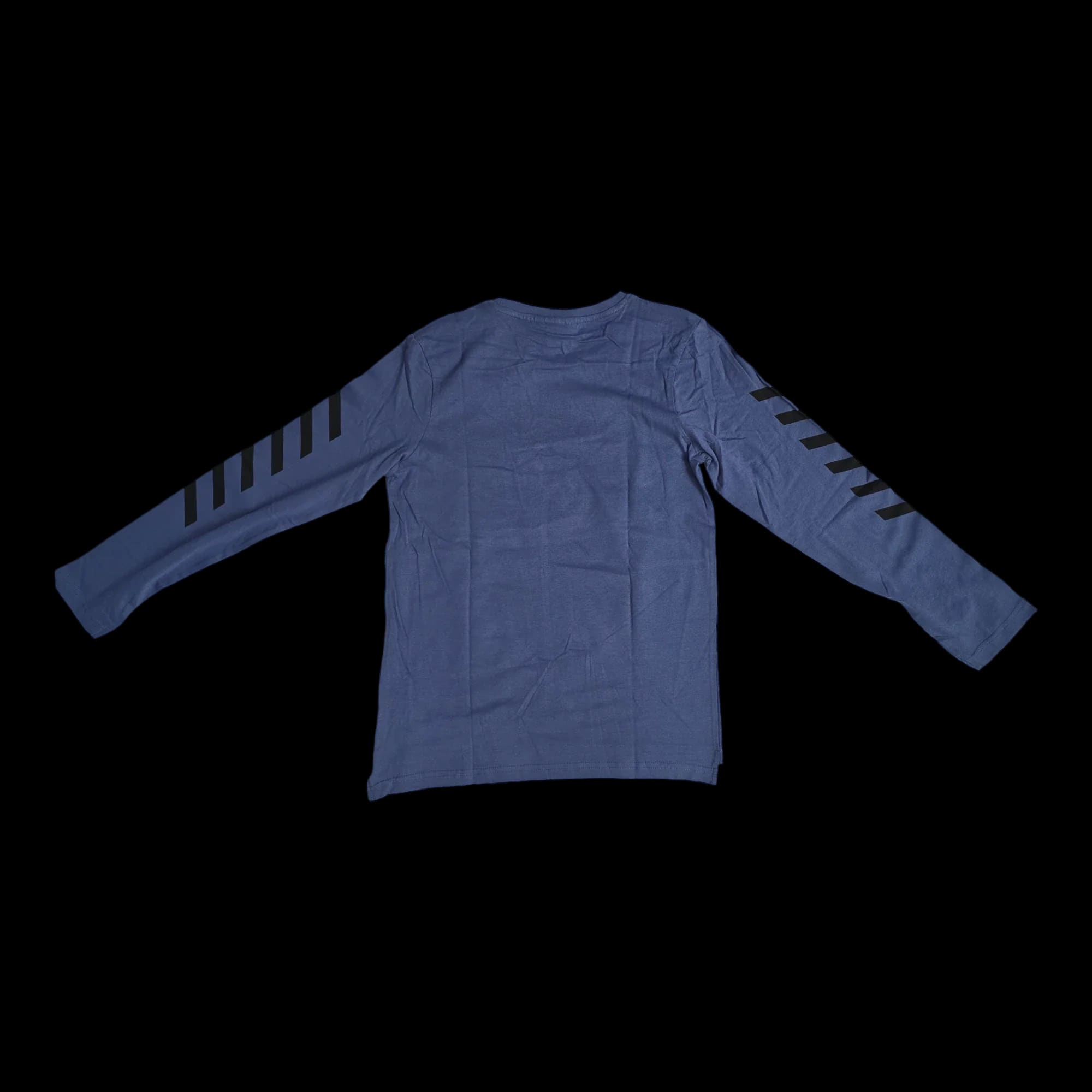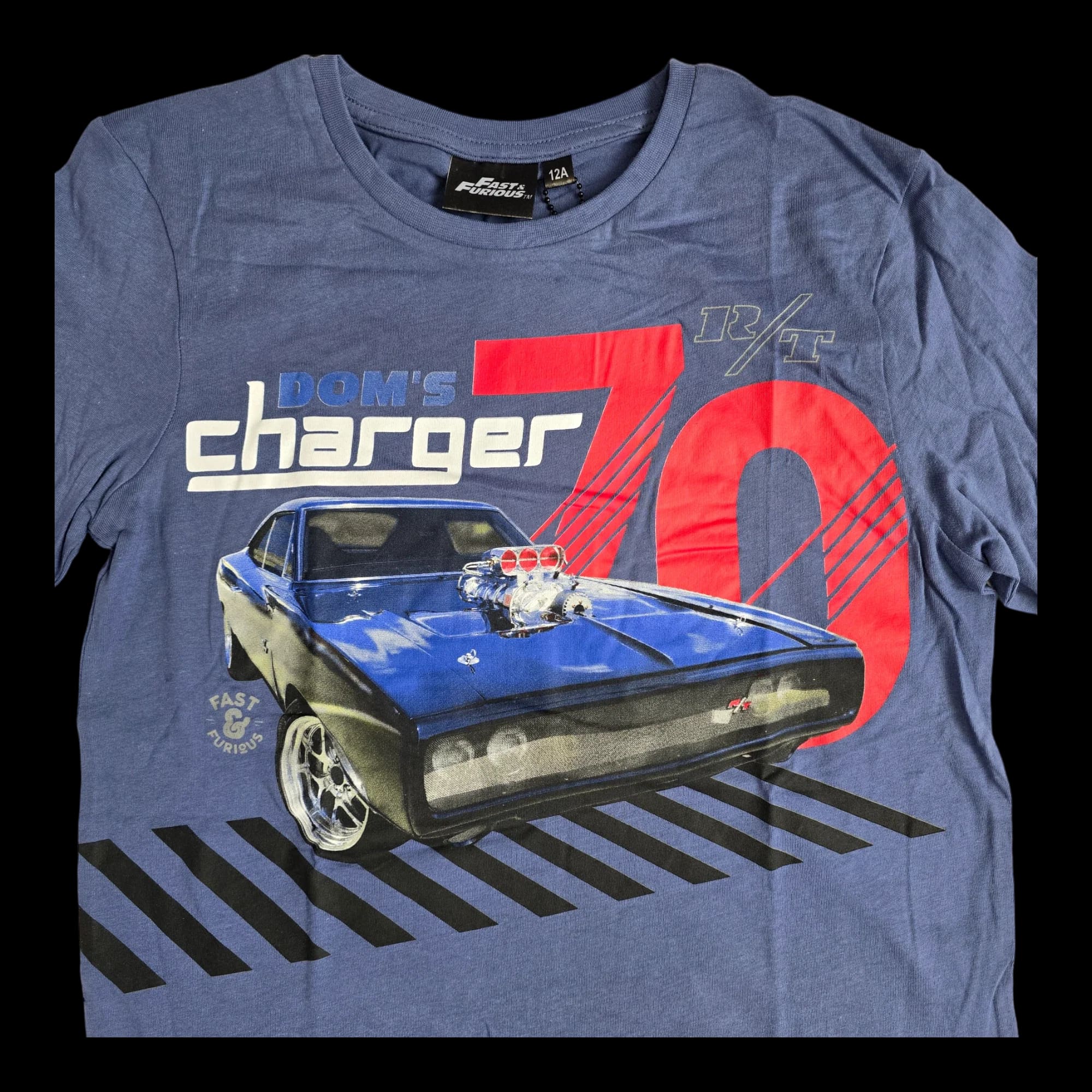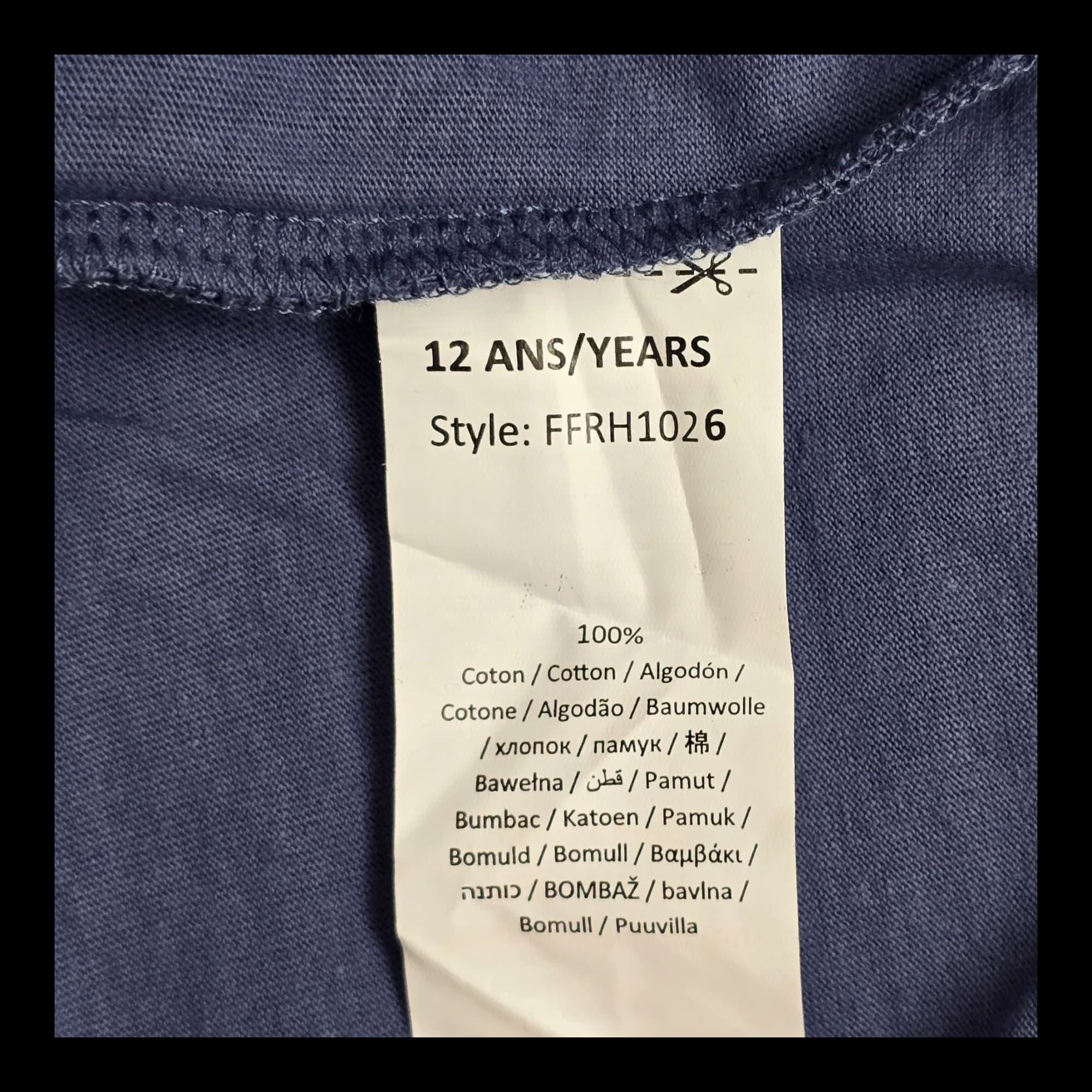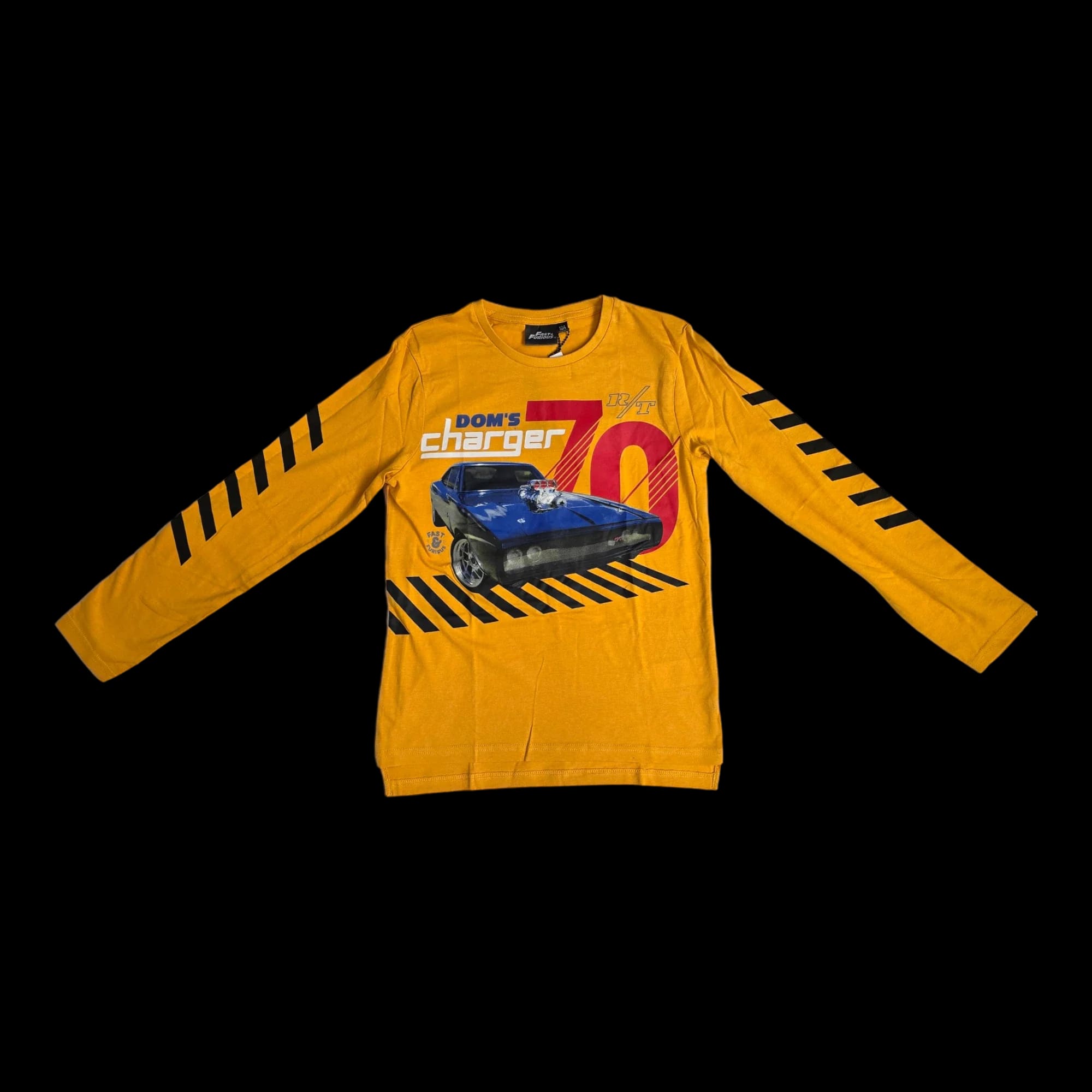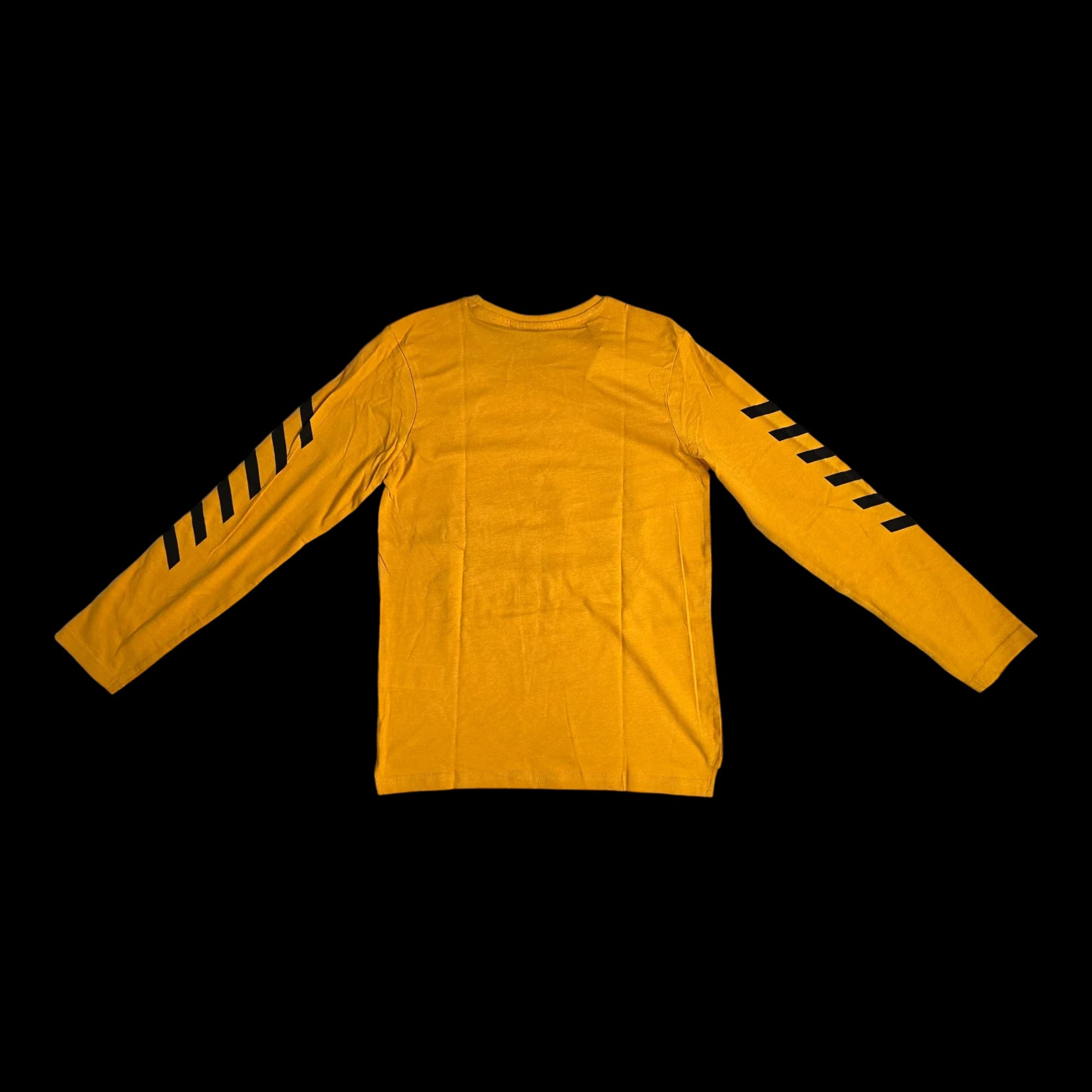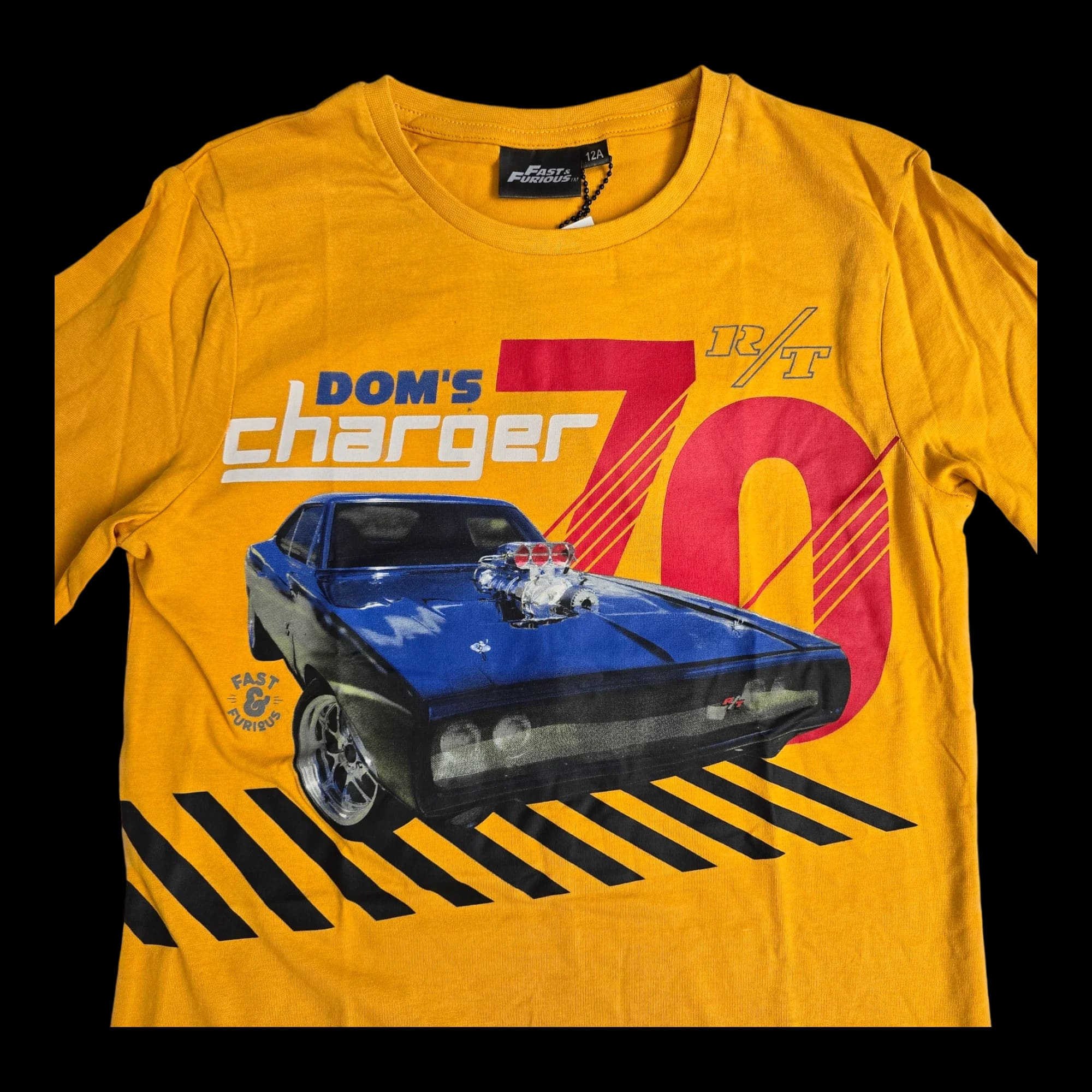Sega released its next console, the Sega Genesis (known as the Mega Drive outside North America), in 1988. The Genesis struggled against the competition in Japan, but found success overseas after the release of Sonic the Hedgehog in 1991 and briefly outsold its main competitor, the Super Nintendo Entertainment System, in the U.S. Later in the decade, Sega suffered several commercial failures such as the 32X, Saturn, and Dreamcast consoles. In 2001, Sega stopped manufacturing consoles to become a third-party developer and publisher and was acquired by Sammy Corporation in 2004. In the years since, Sega has been more profitable. Sega Holdings Co. Ltd. was established in 2015; Sega Corporation was renamed Sega Games Co., Ltd., and its arcade, entertainment, and toy divisions separated into other companies. In 2020, Sega Games and Sega Interactive merged and were renamed Sega Corporation.
-
ShopShop
- Bath & BodyBath & Body
- Clothing
- Collectables
- Home DecorHome Decor
- Home Fragrance
- HomewareHomeware
- Jewellery
- MediaMedia
- SportsSports
- Tech
- Toys and Games
-
Bath and BodyBath and Body
-
ClothingClothing
- Menswear
- Womenswear
- Boy's ClothingBoy's Clothing
- Girls Clothing
-
Collectables
-
HomewareHomeware
-
Jewellery
-
MediaMedia
- Books
- Movies
- MusicMusic
- Video Games
-
Our Designs
-
TipTop Boutique
-
Toys and Games
-
Video GamesVideo Games
- AtariAtari
- Sony Playstation
- XBOX
- NintendoNintendo
- Toys to LifeToys to Life
- Other SystemsOther Systems
- Search
Suggestions
TipTop Boutique
Cowrie Shell Queenie Necklace Pendant Charm Handmade Fashion Jewellery Gift Box£4.99
Only 3 units left
- New
TipTop Boutique
Fish Aquatic Ocean Necklace Colourful Pendant Charm Handmade Fashion Jewellery£4.99
In stock
- New
Ancient Wisdom
Shampoo Bar Eucalyptus Argan Base Aromatherapy Solid Soap Gift Bath Shower£2.99
In stock, 11 units
Sega was founded by American businessmen Martin Bromley and Richard Stewart as Nihon Goraku Bussan on June 3, 1960; shortly after, the company acquired the assets of its predecessor, Service Games of Japan. Five years later, the company became known as Sega Enterprises, Ltd., after acquiring Rosen Enterprises, an importer of coin-operated games. Sega developed its first coin-operated game, Periscope, in 1966. Sega was sold to Gulf and Western Industries in 1969. Following a downturn in the arcade business in the early 1980s, Sega began to develop video game consoles, starting with the SG-1000 and Master System but struggled against competitors such as the Nintendo Entertainment System. In 1984, Sega executives David Rosen and Hayao Nakayama led a management buyout with backing from CSK Corporation.
Sega released its next console, the Sega Genesis (known as the Mega Drive outside North America), in 1988. The Genesis struggled against the competition in Japan, but found success overseas after the release of Sonic the Hedgehog in 1991 and briefly outsold its main competitor, the Super Nintendo Entertainment System, in the U.S. Later in the decade, Sega suffered several commercial failures such as the 32X, Saturn, and Dreamcast consoles. In 2001, Sega stopped manufacturing consoles to become a third-party developer and publisher and was acquired by Sammy Corporation in 2004. In the years since, Sega has been more profitable. Sega Holdings Co. Ltd. was established in 2015; Sega Corporation was renamed Sega Games Co., Ltd., and its arcade, entertainment, and toy divisions separated into other companies. In 2020, Sega Games and Sega Interactive merged and were renamed Sega Corporation.
Sega released its next console, the Sega Genesis (known as the Mega Drive outside North America), in 1988. The Genesis struggled against the competition in Japan, but found success overseas after the release of Sonic the Hedgehog in 1991 and briefly outsold its main competitor, the Super Nintendo Entertainment System, in the U.S. Later in the decade, Sega suffered several commercial failures such as the 32X, Saturn, and Dreamcast consoles. In 2001, Sega stopped manufacturing consoles to become a third-party developer and publisher and was acquired by Sammy Corporation in 2004. In the years since, Sega has been more profitable. Sega Holdings Co. Ltd. was established in 2015; Sega Corporation was renamed Sega Games Co., Ltd., and its arcade, entertainment, and toy divisions separated into other companies. In 2020, Sega Games and Sega Interactive merged and were renamed Sega Corporation.








